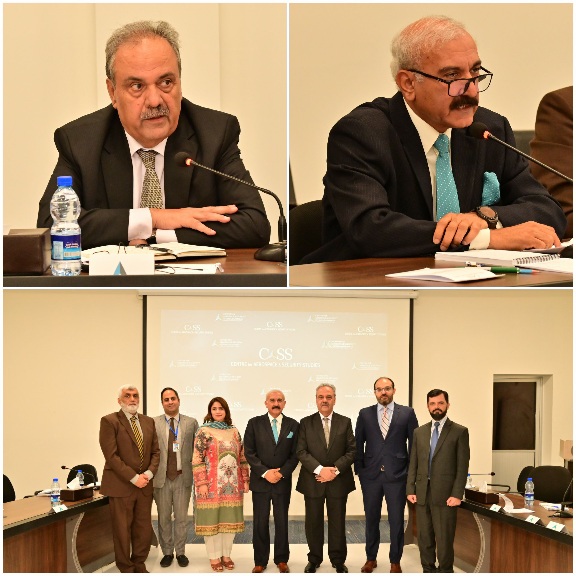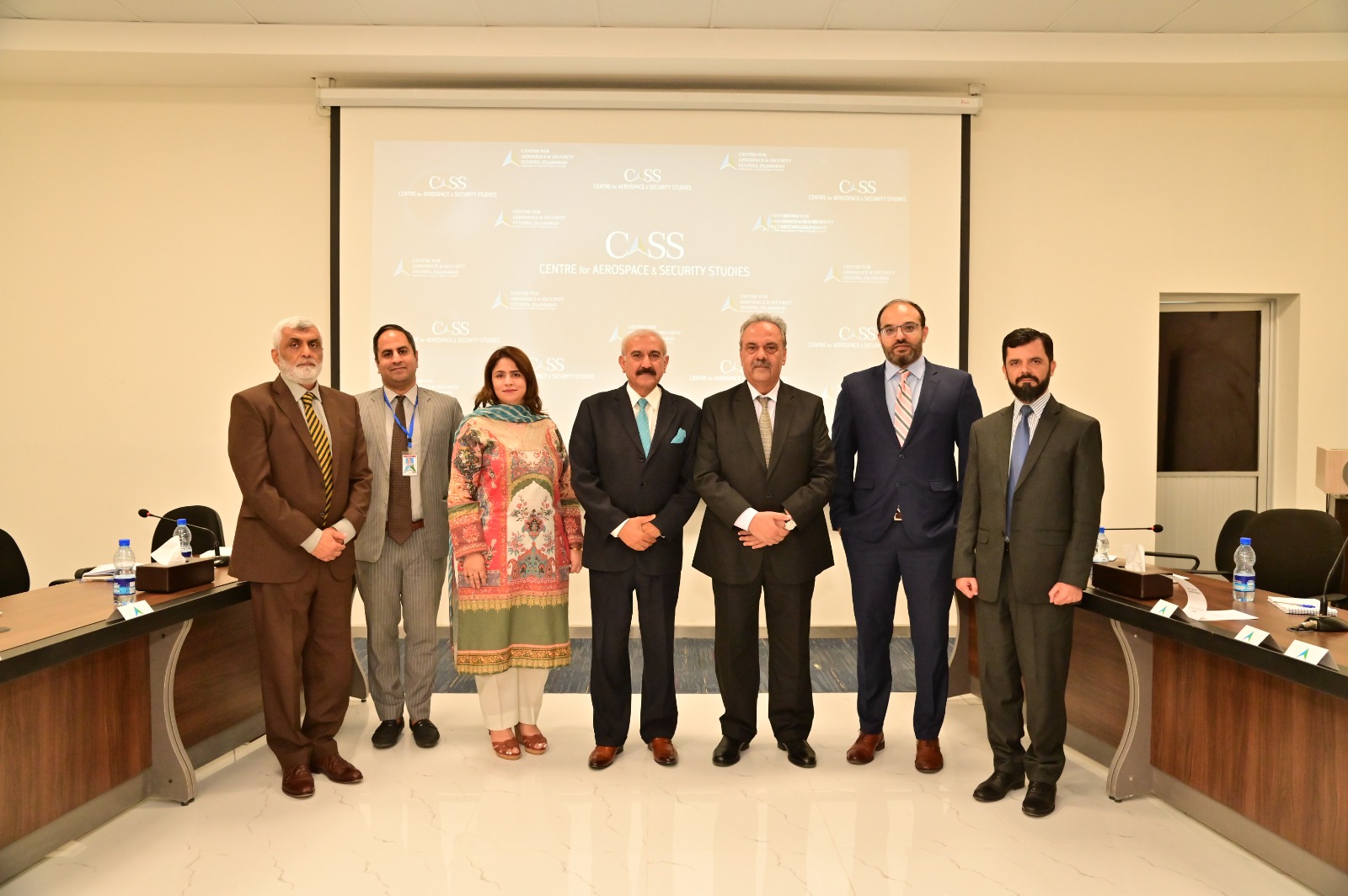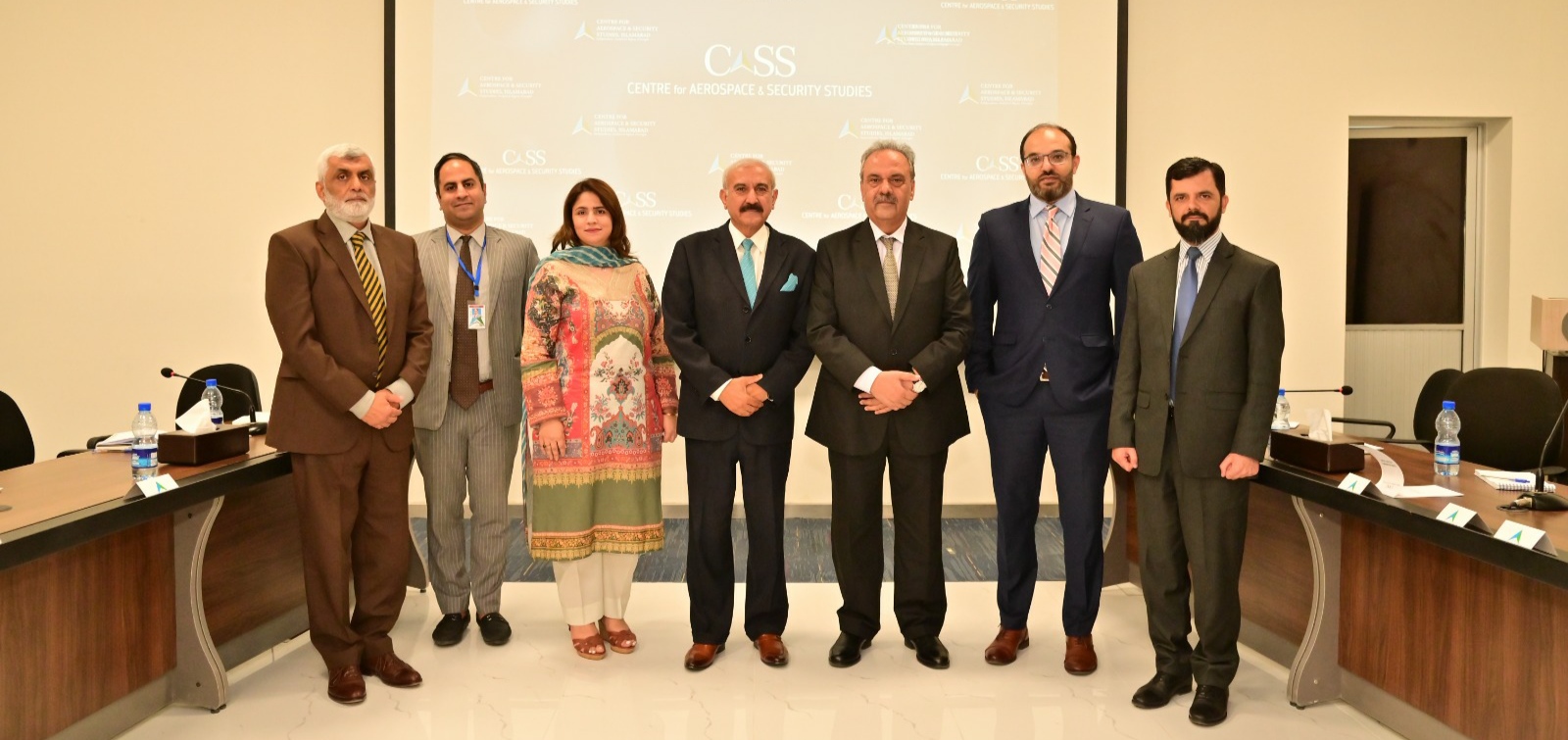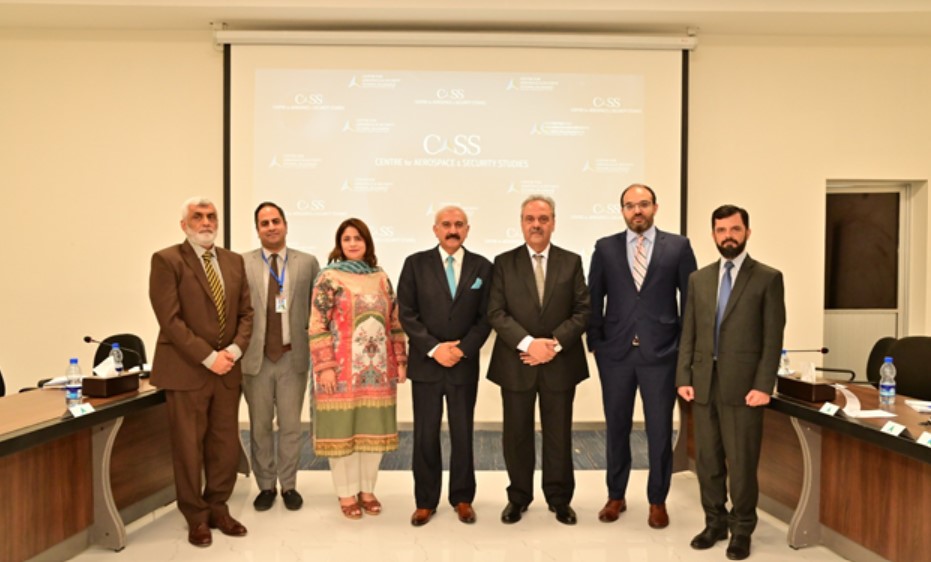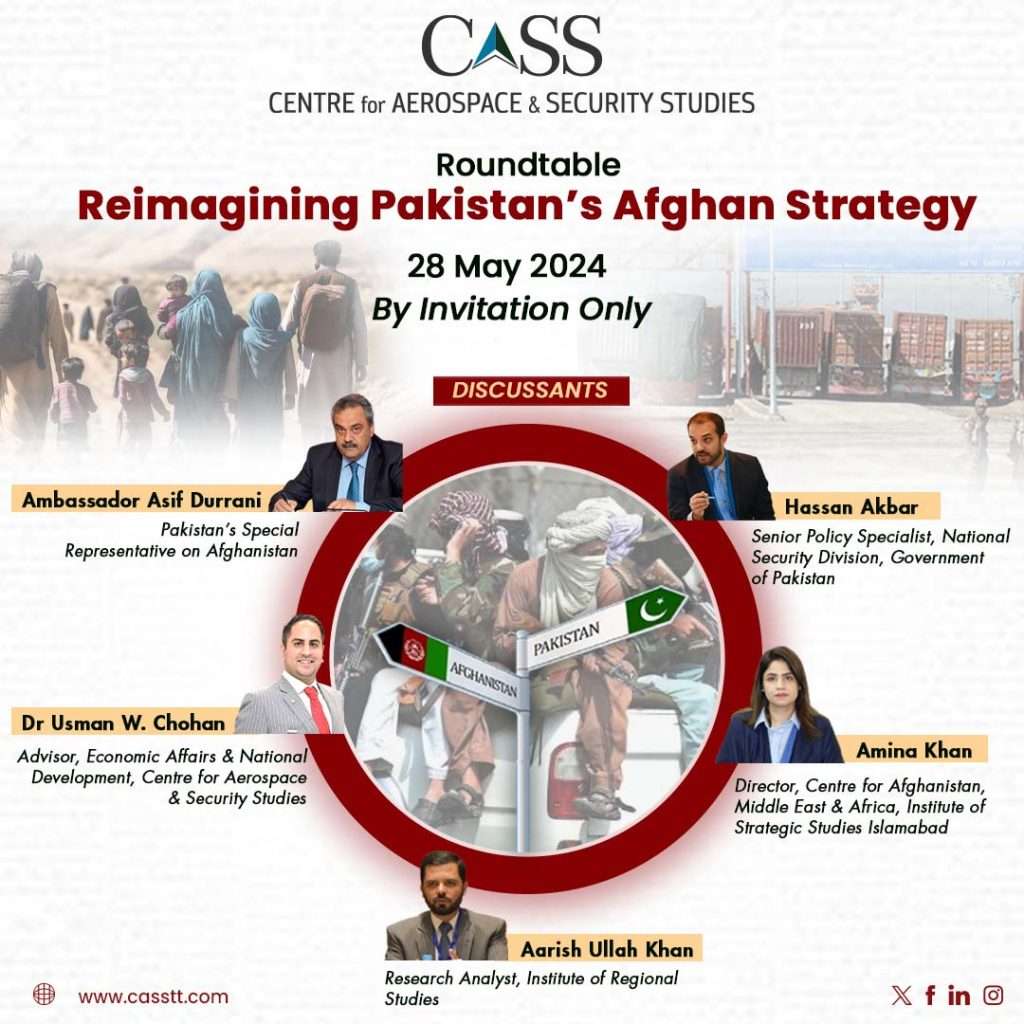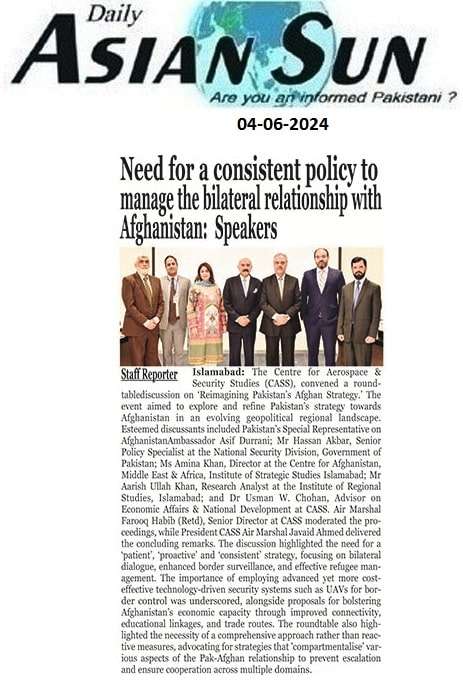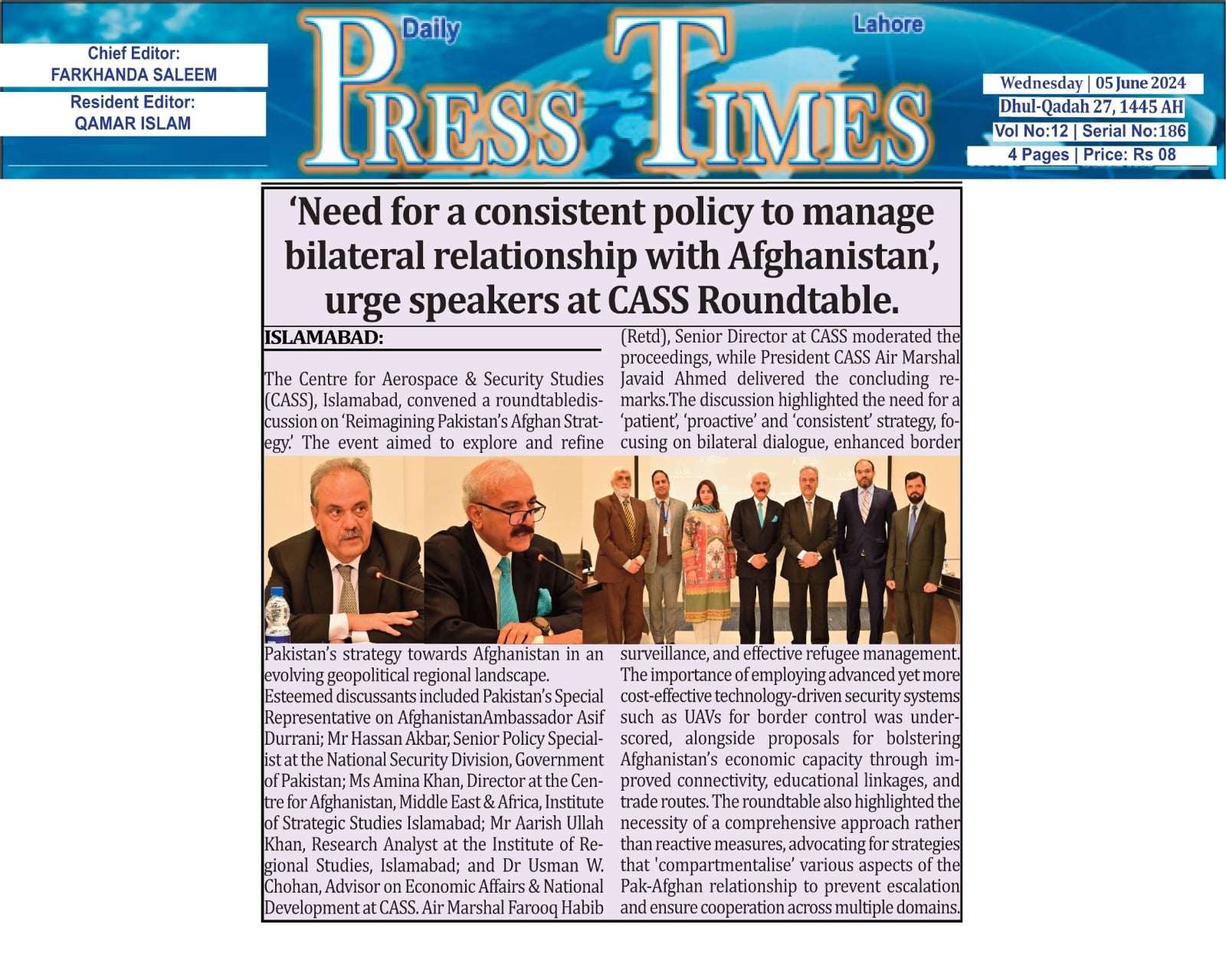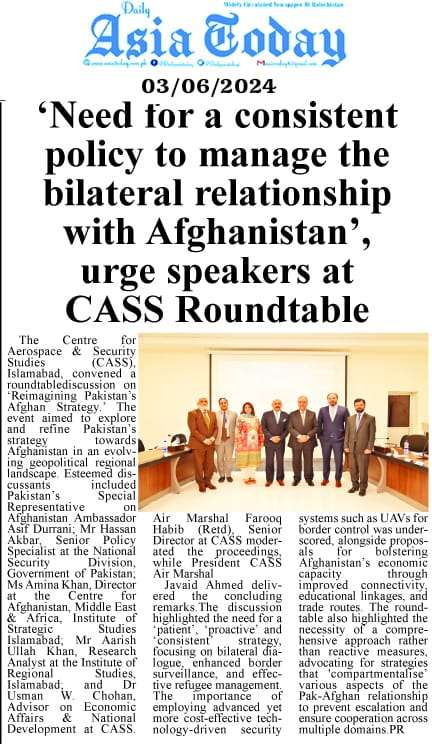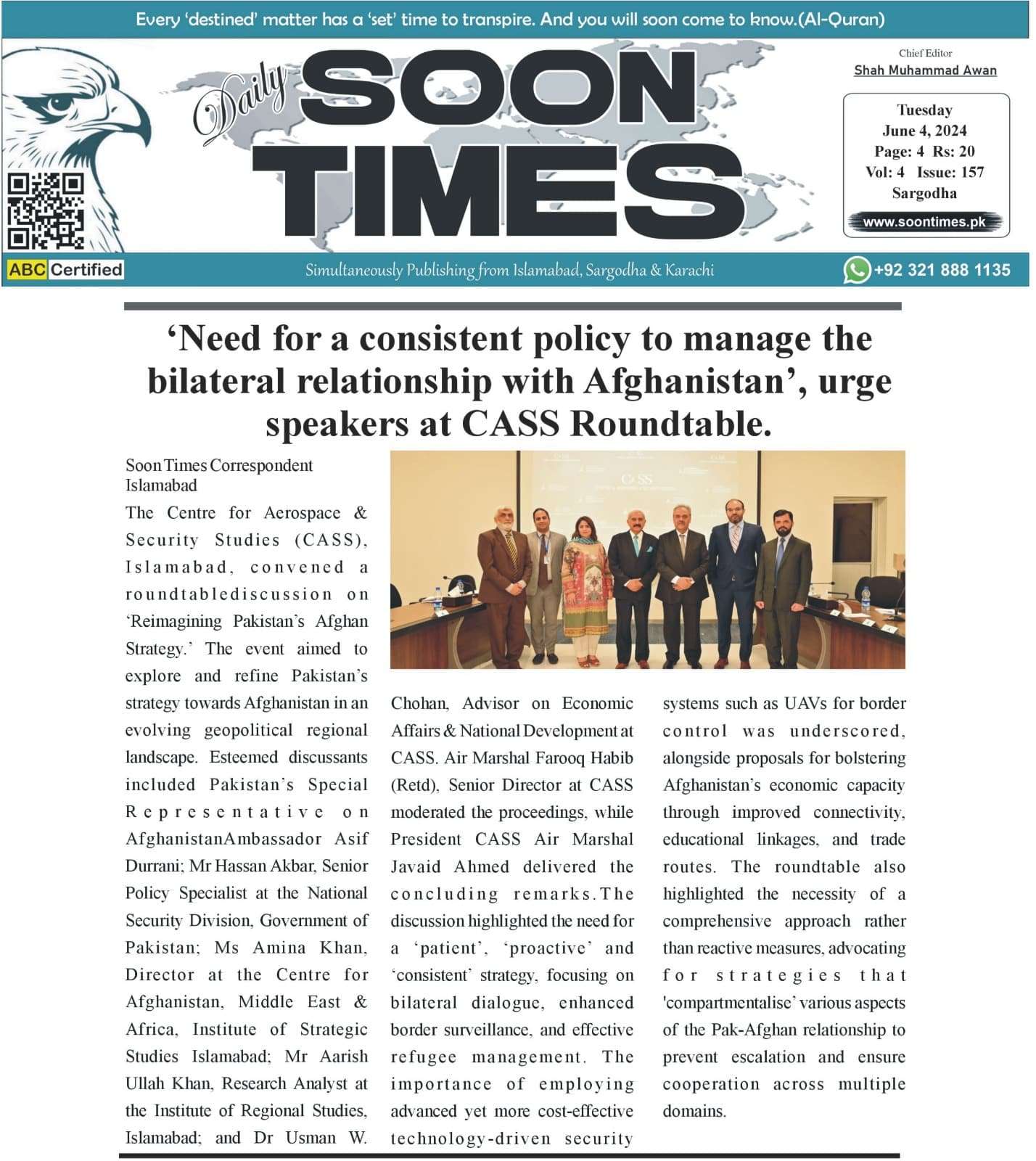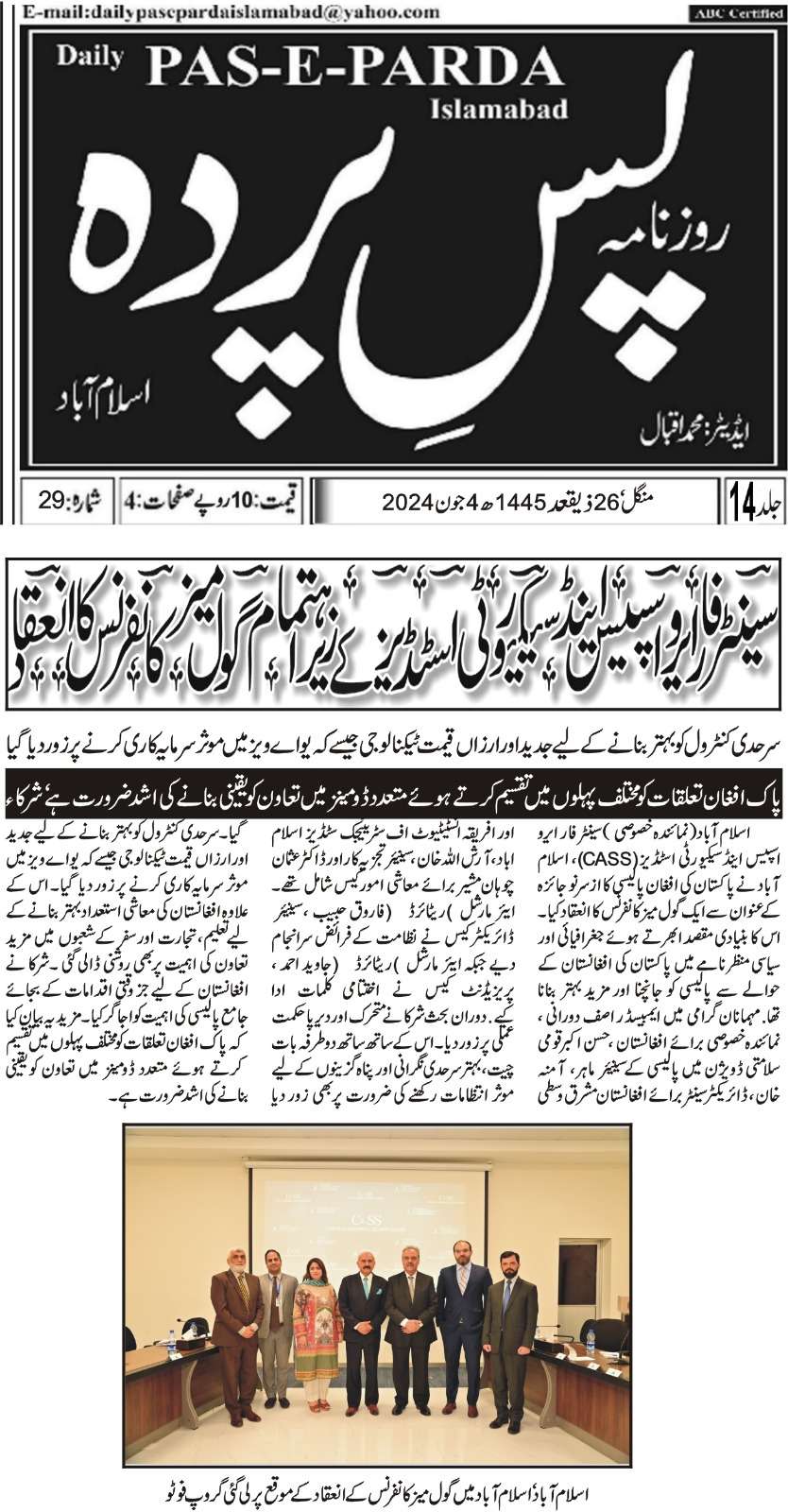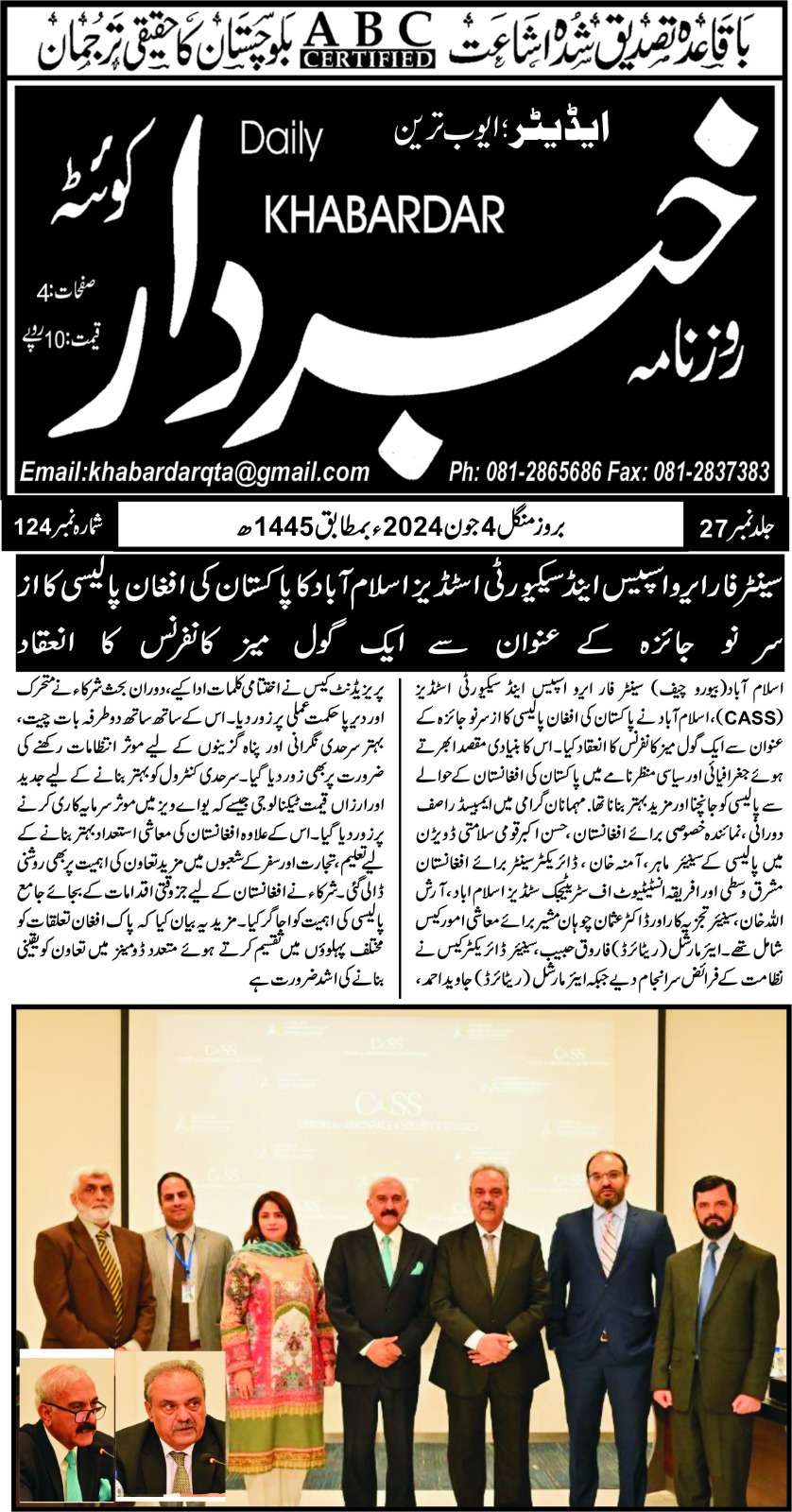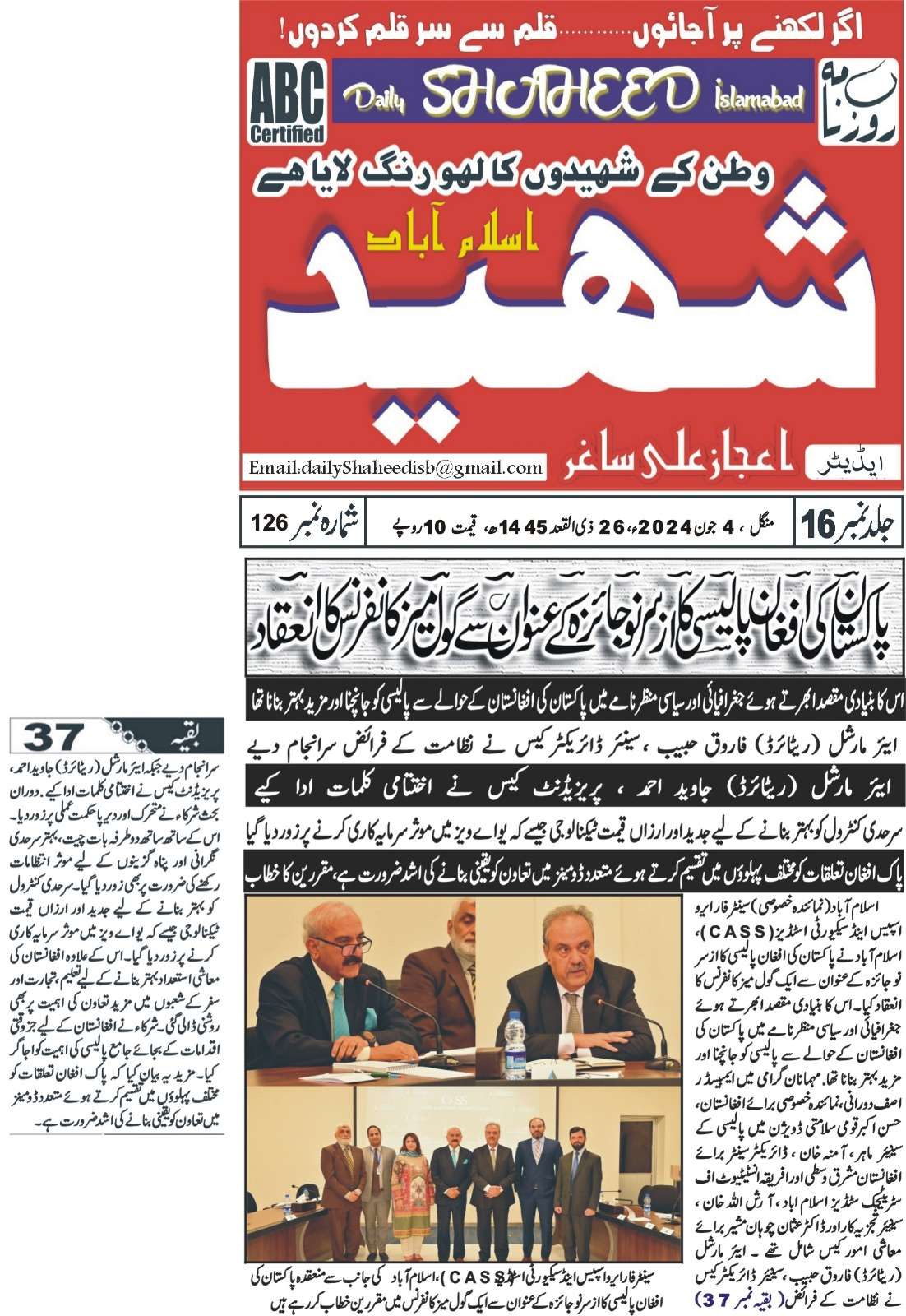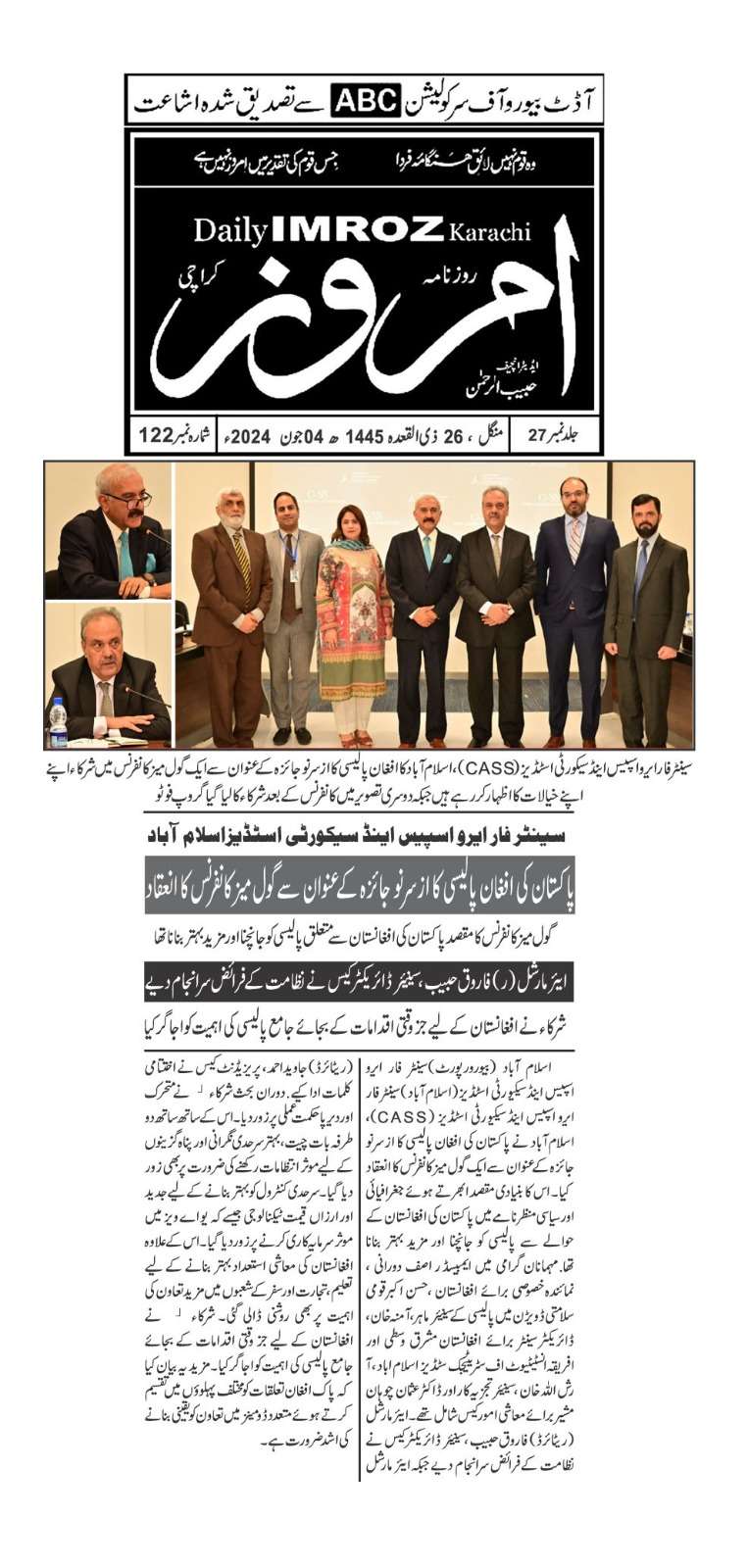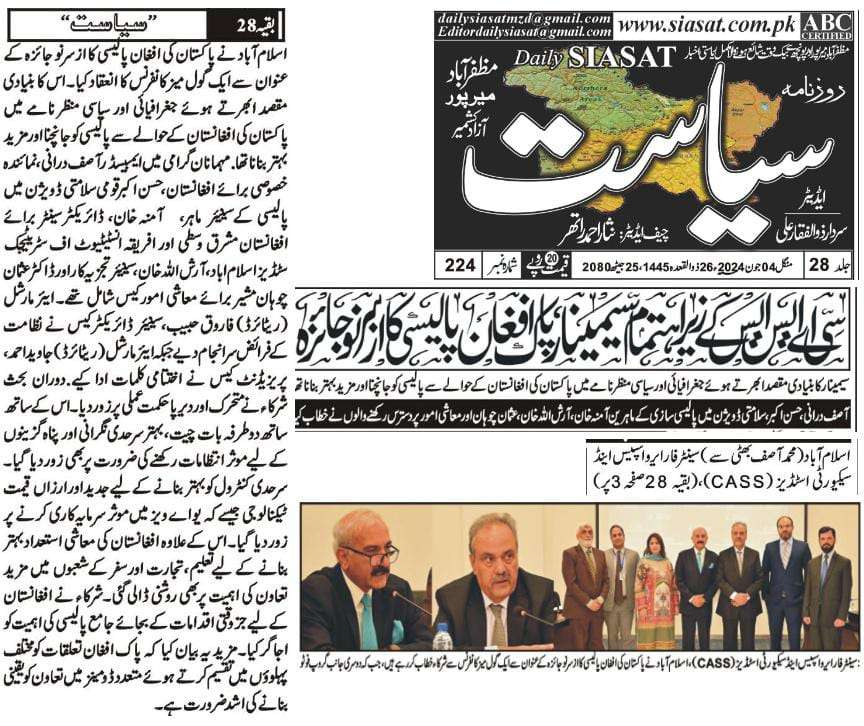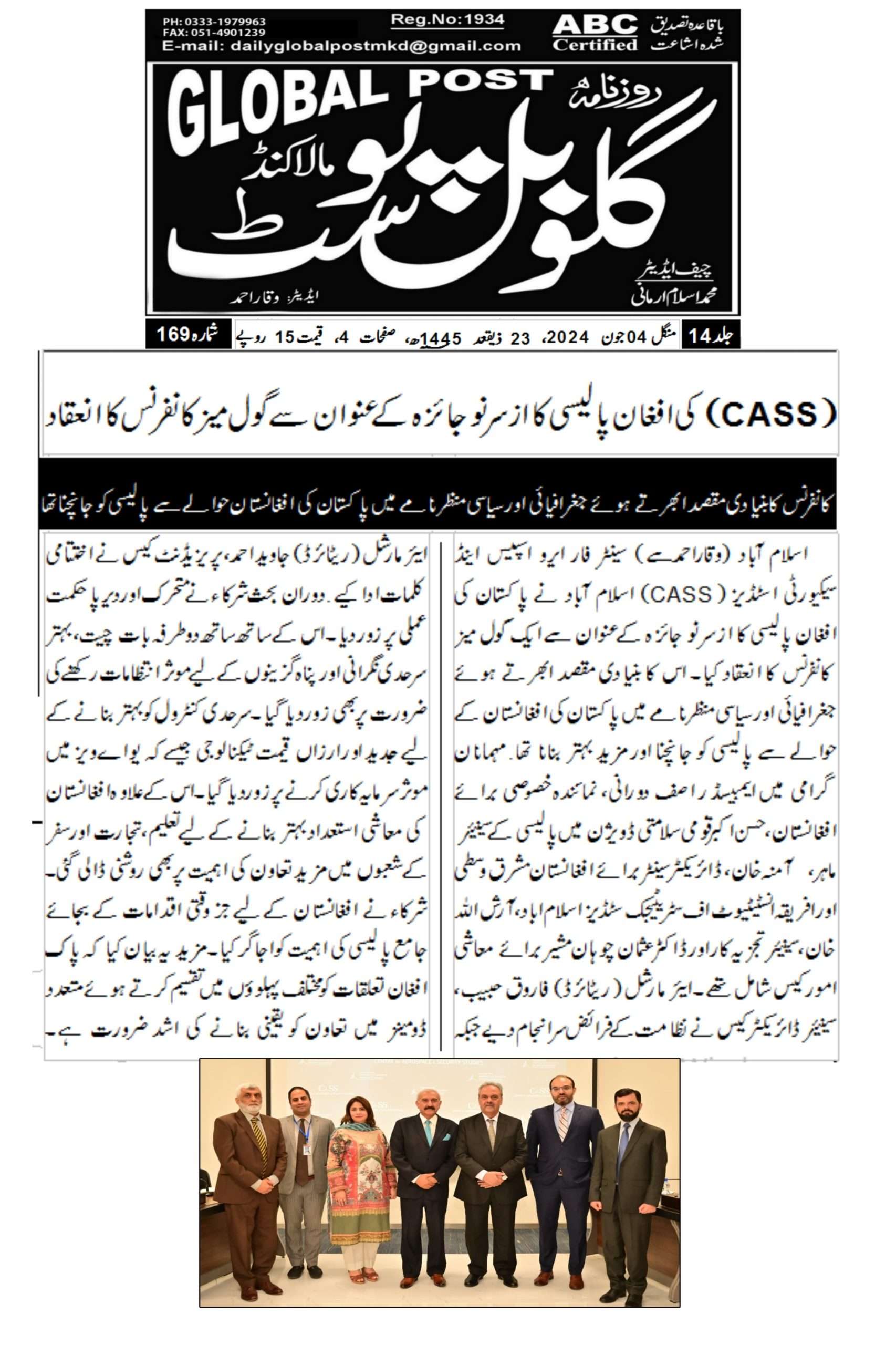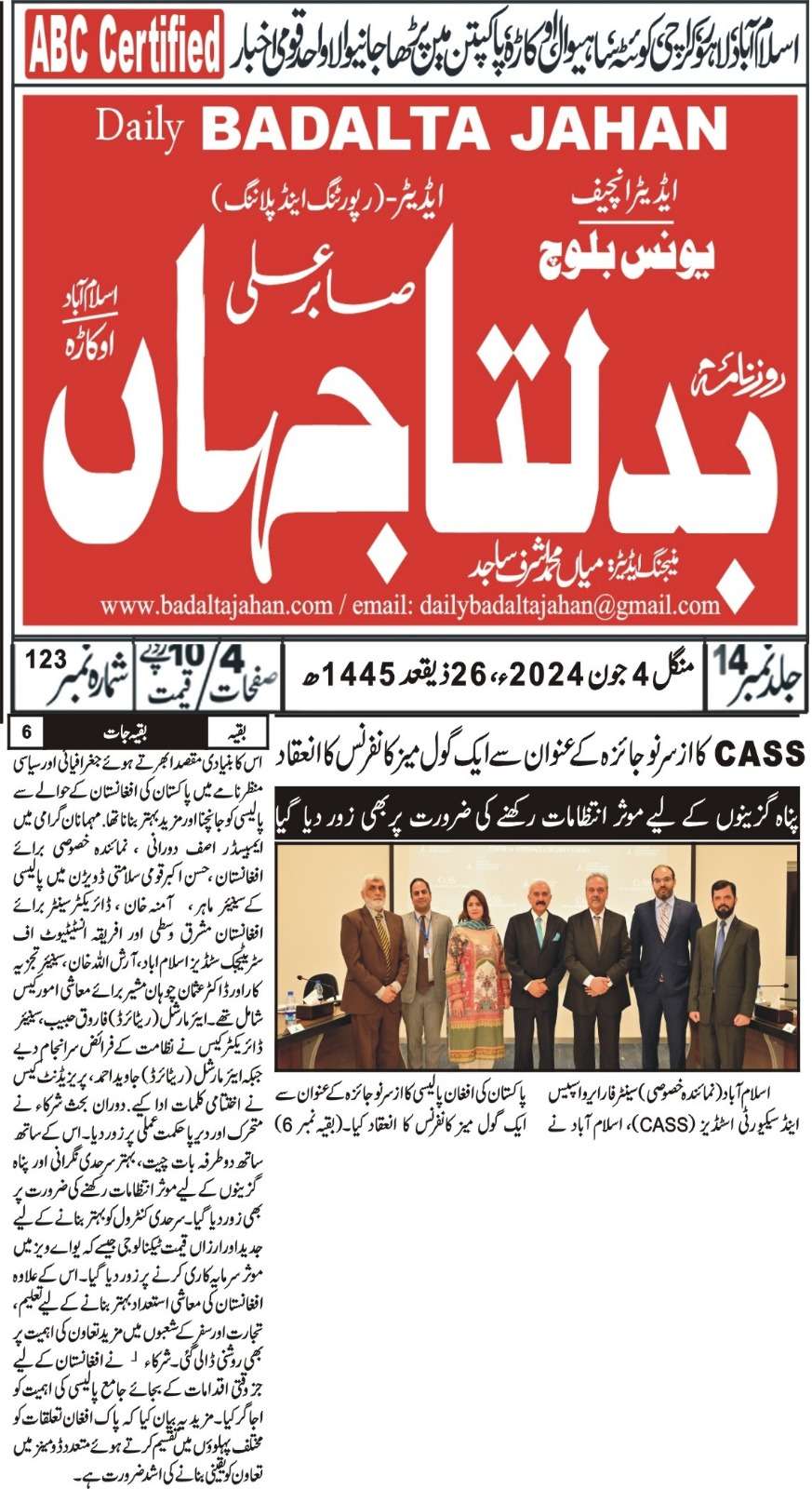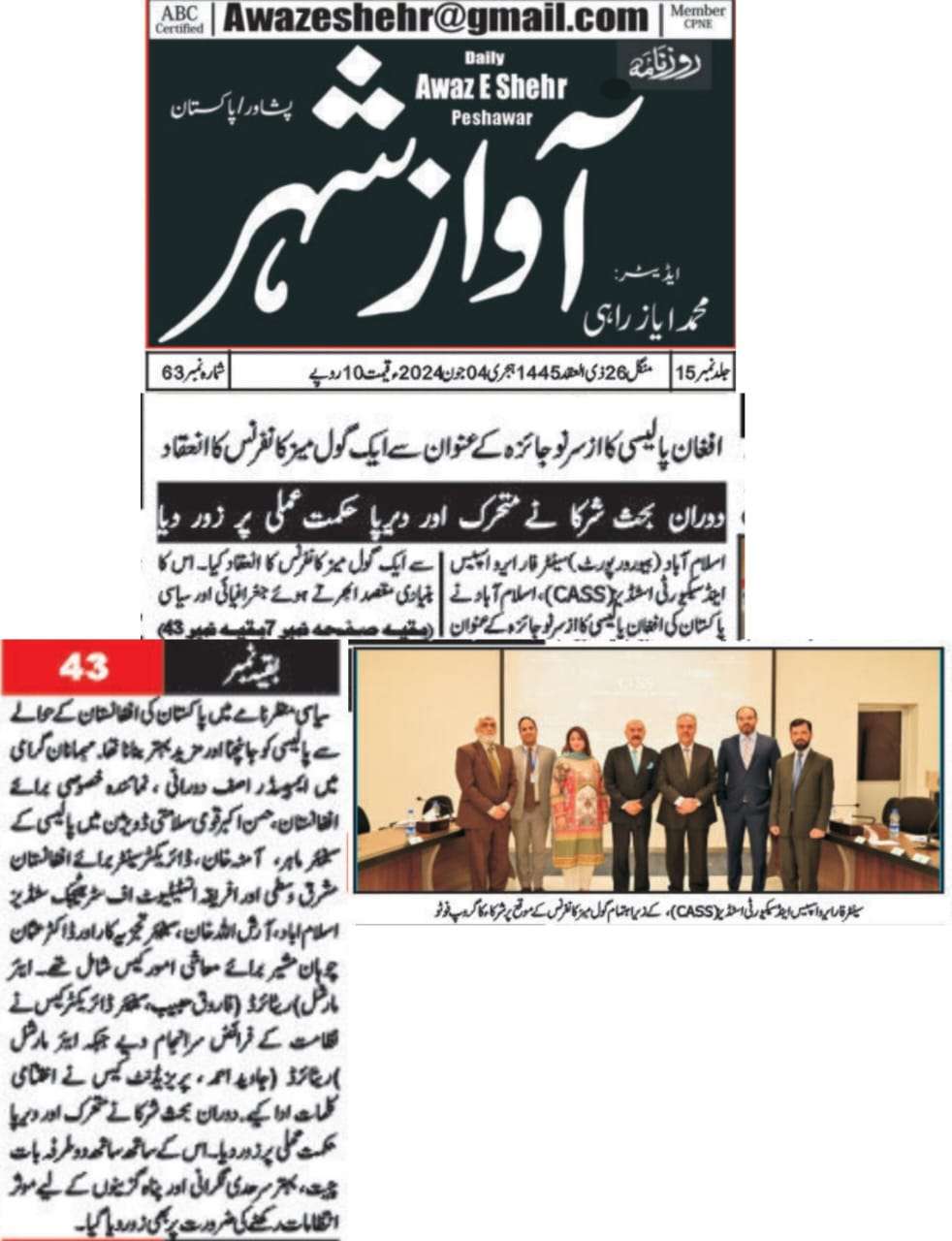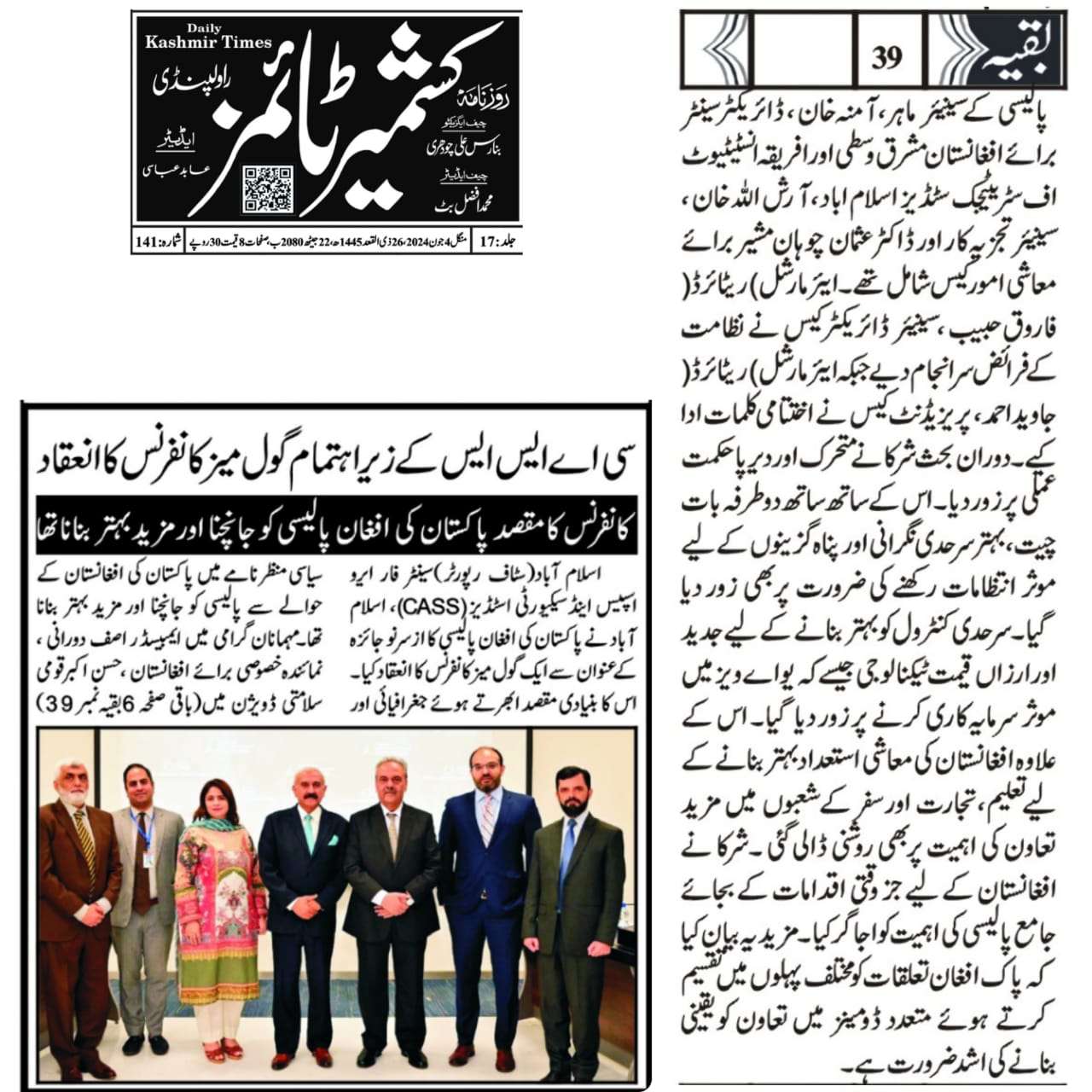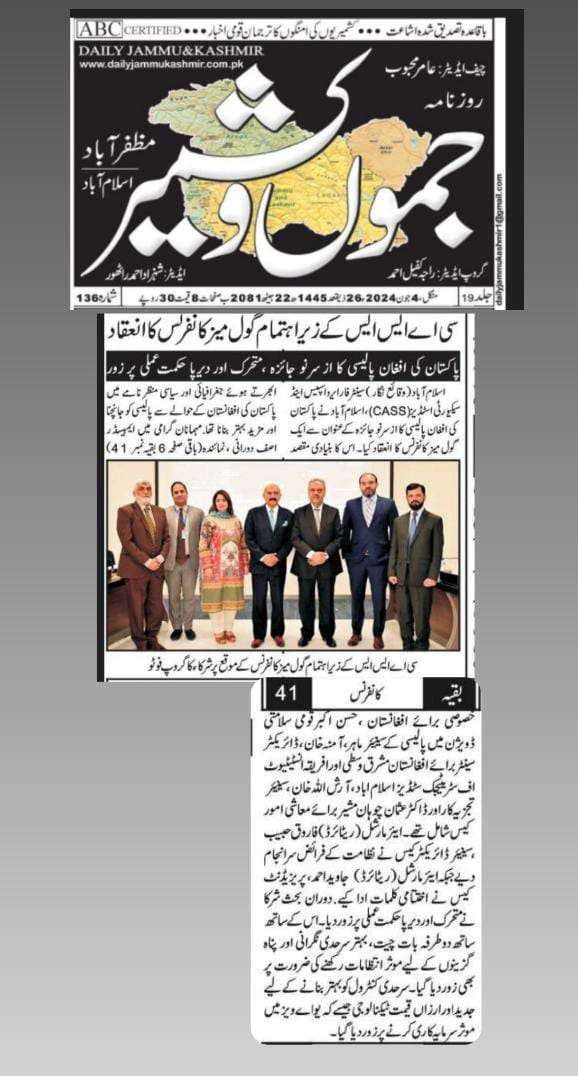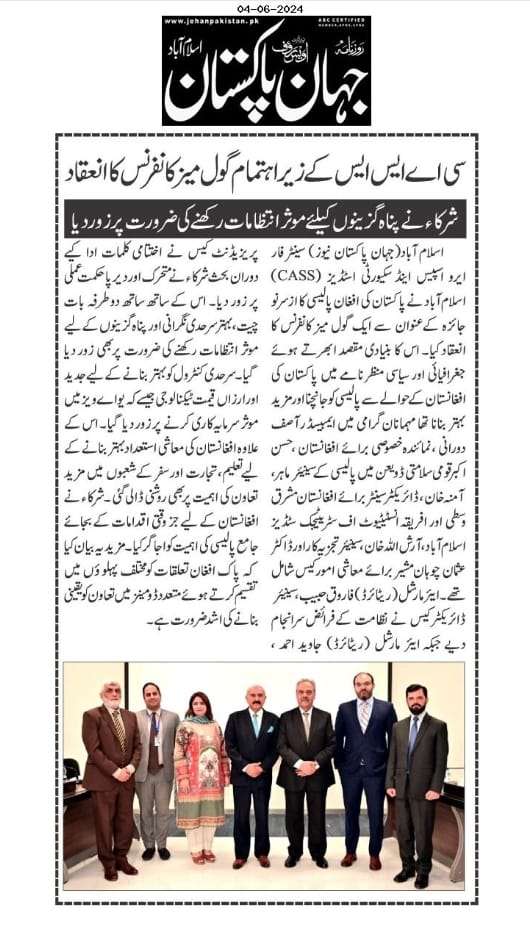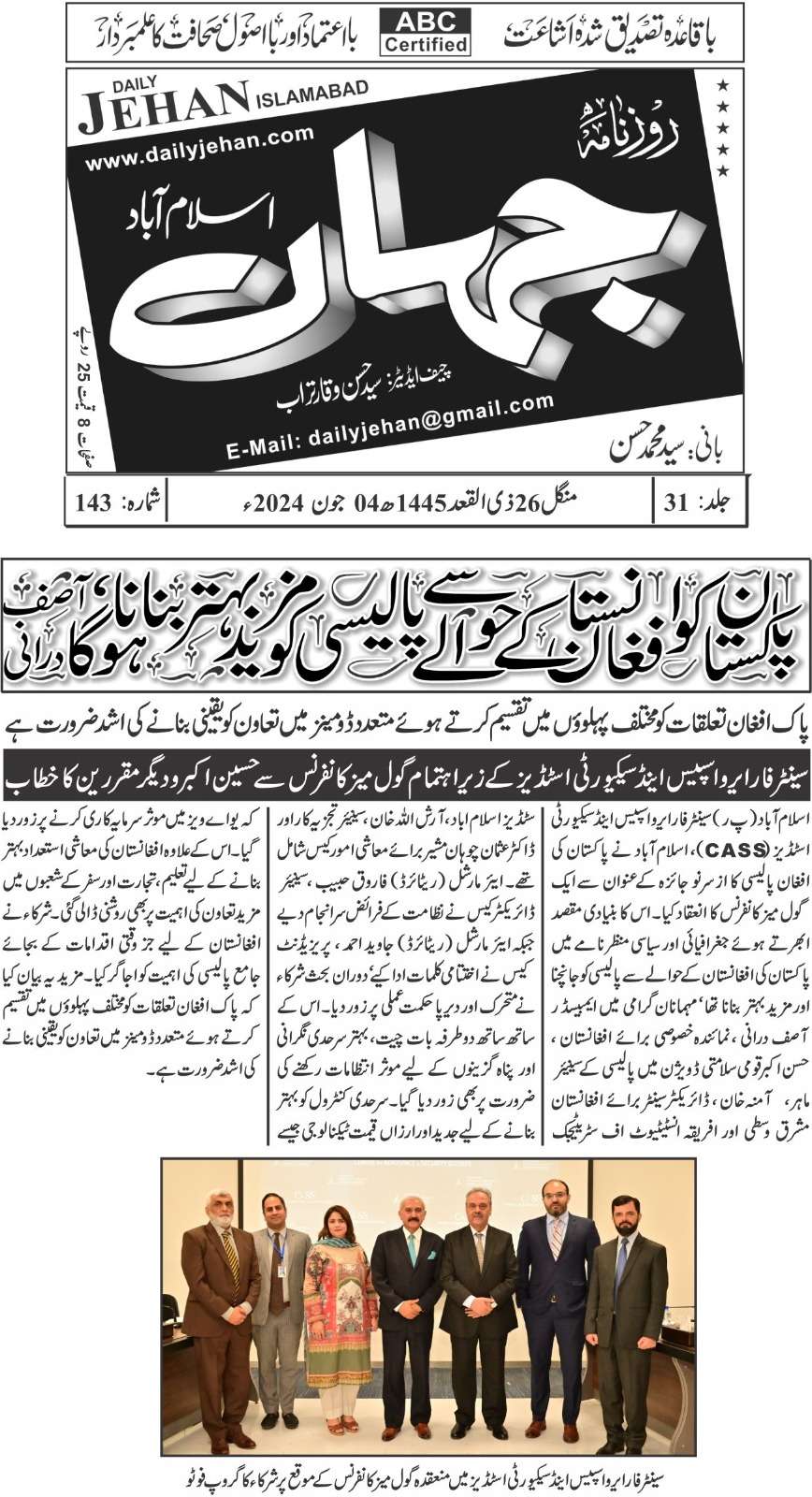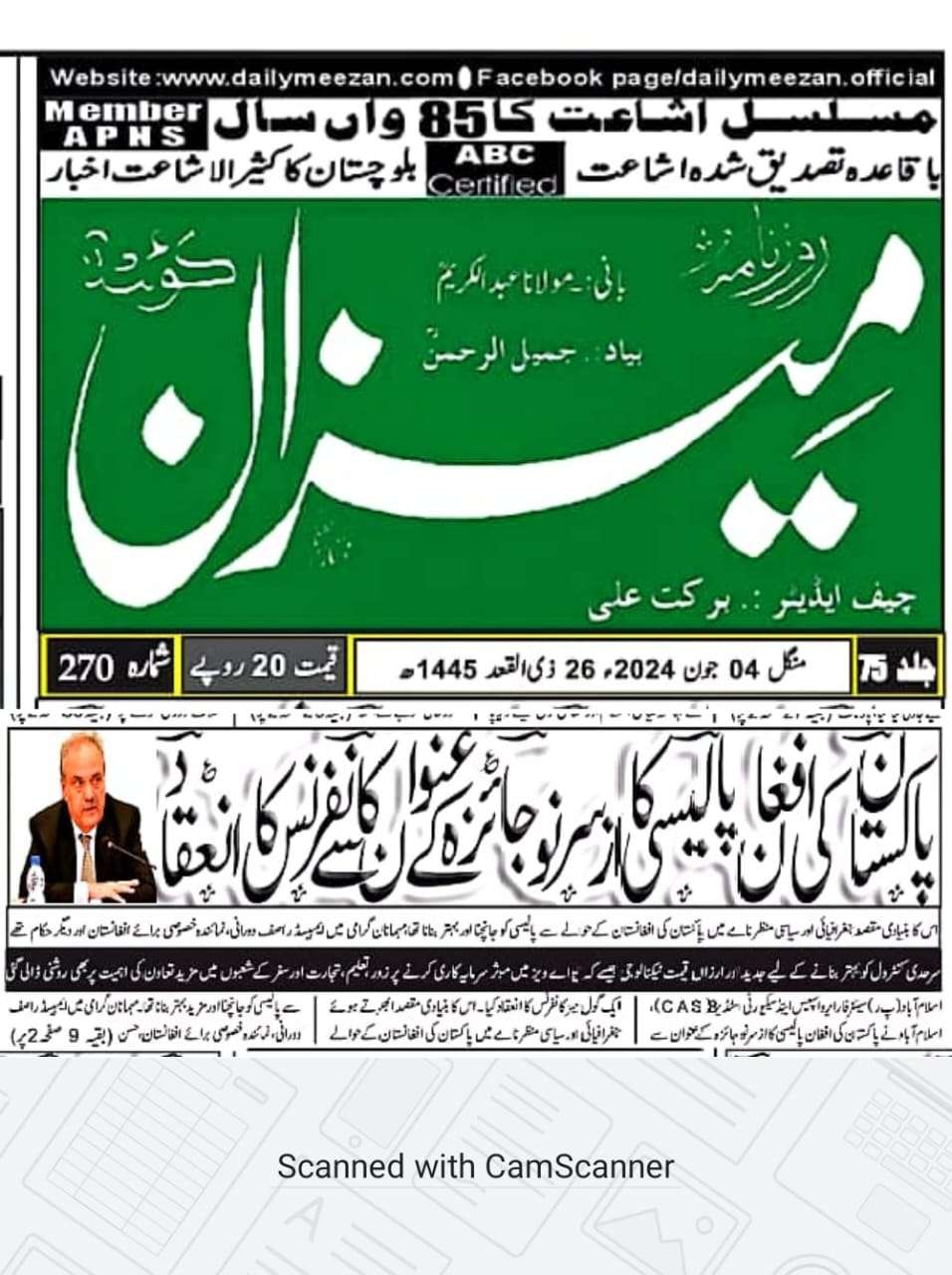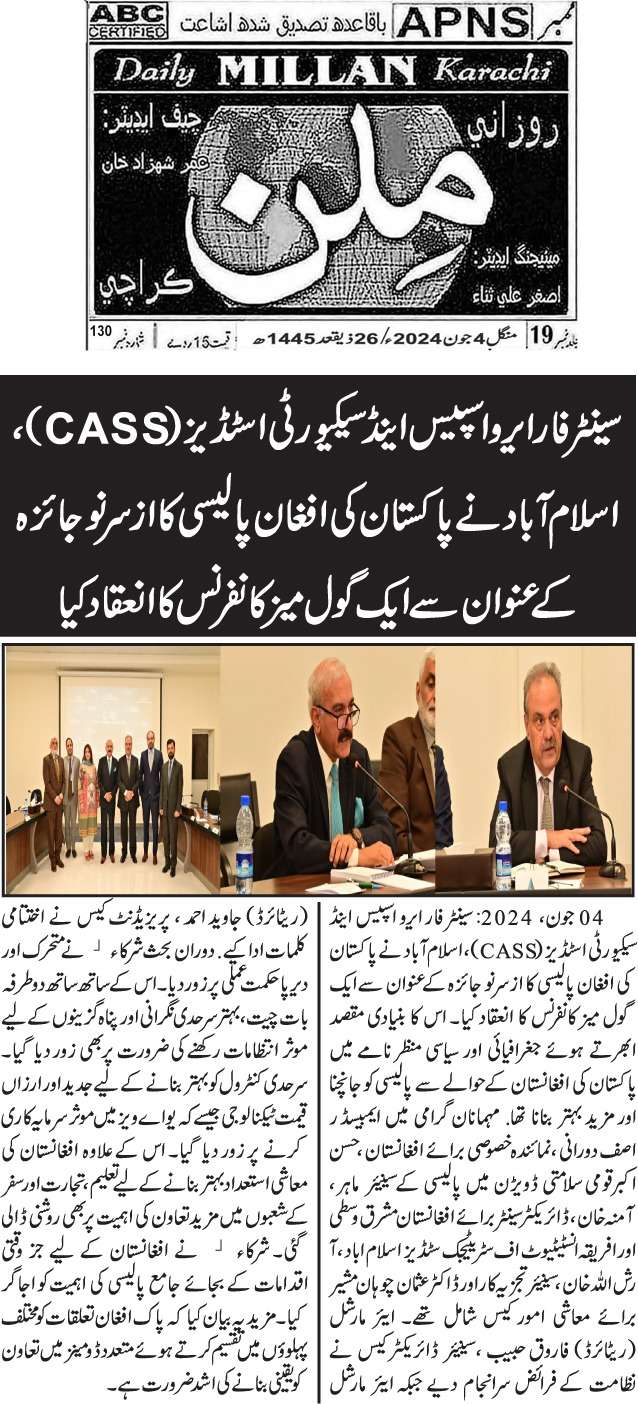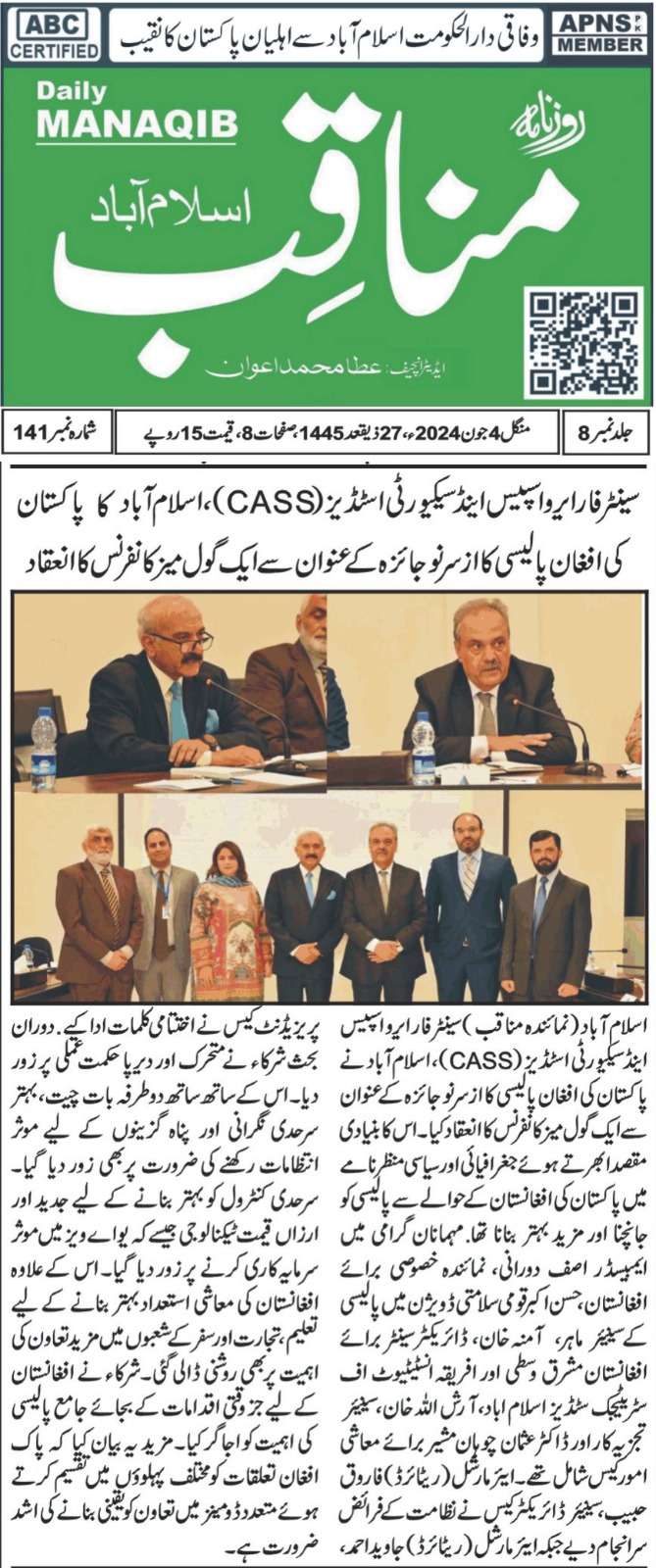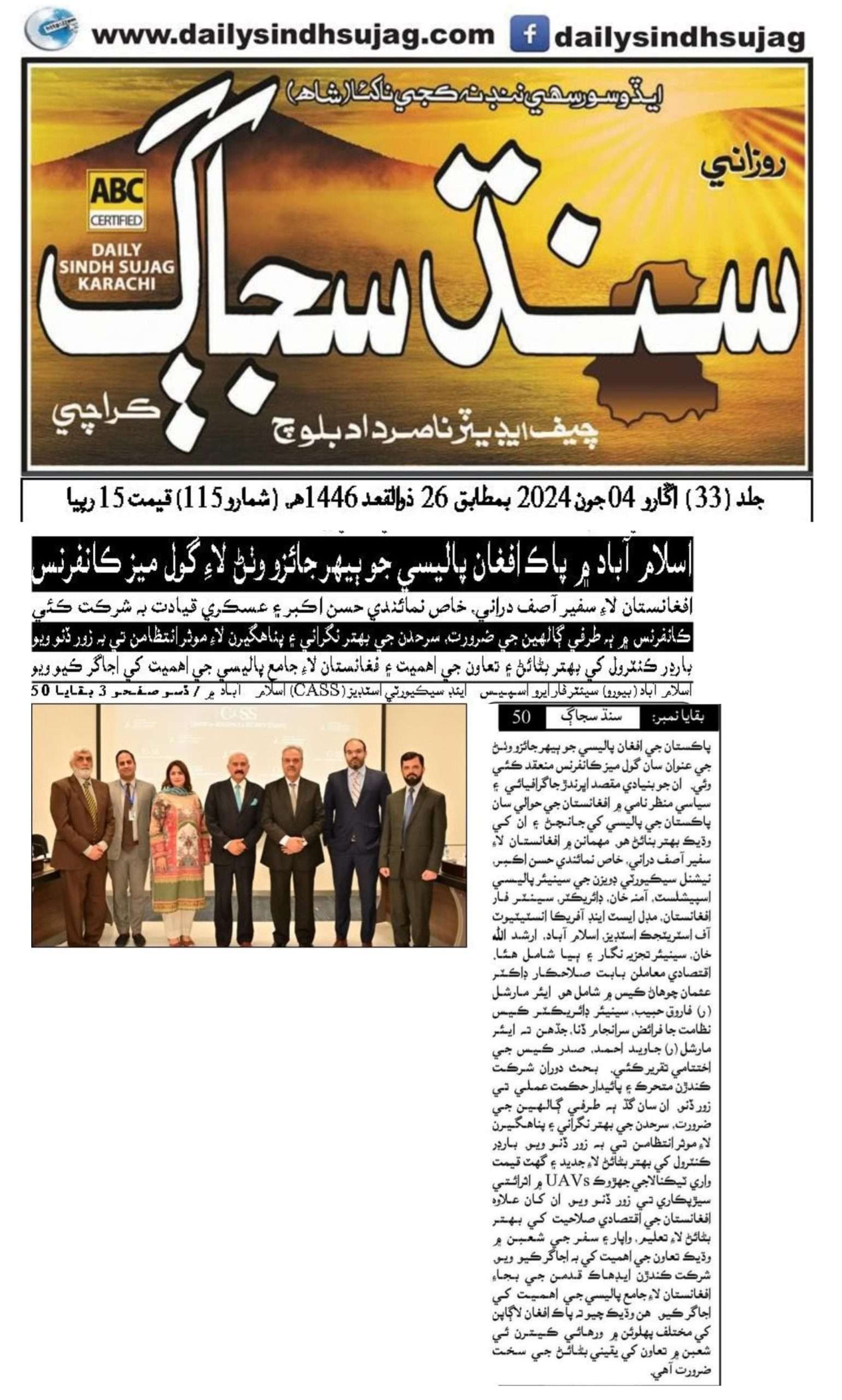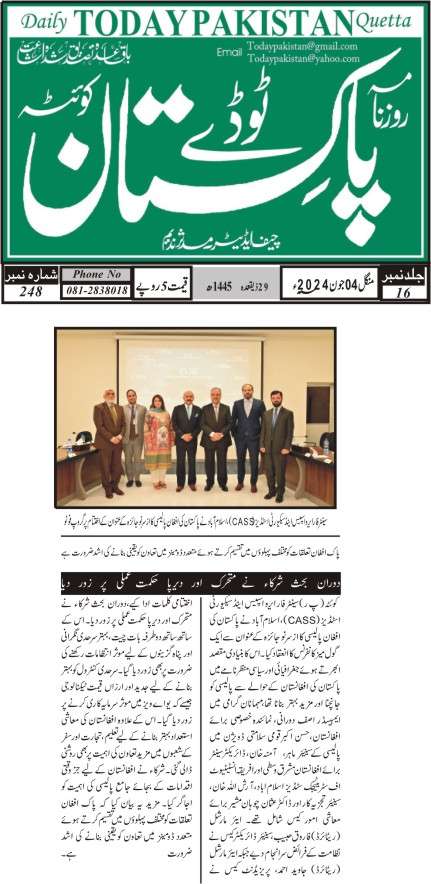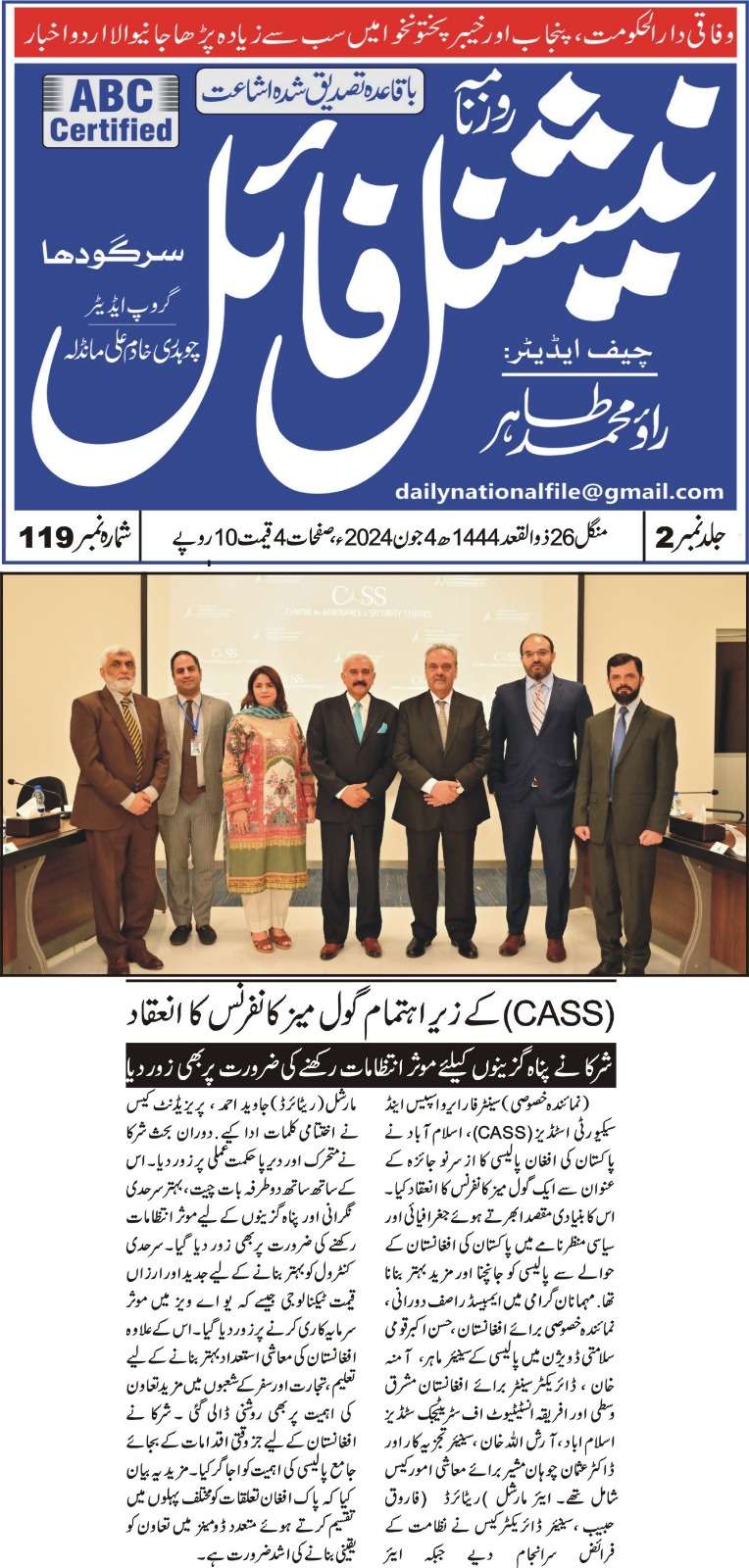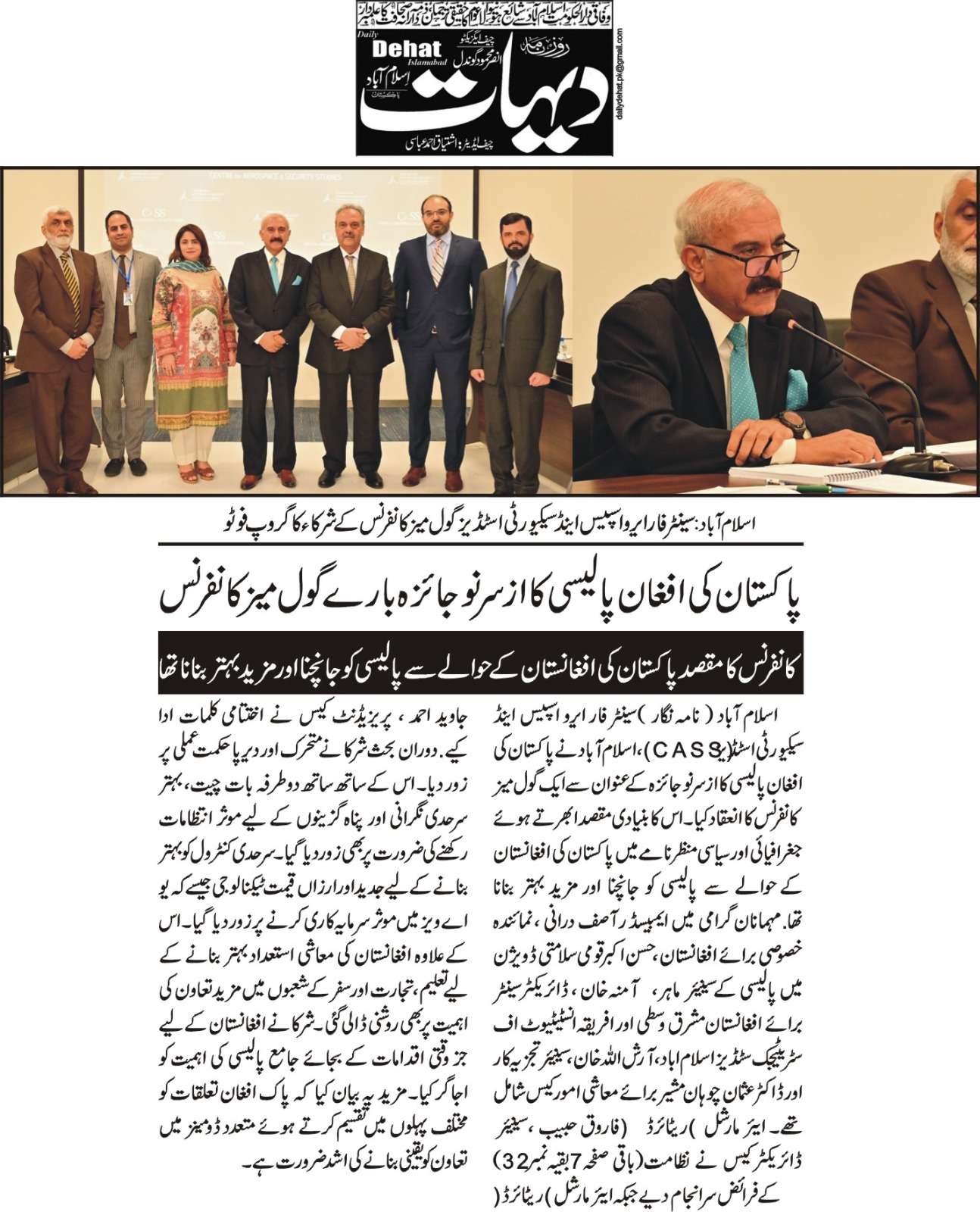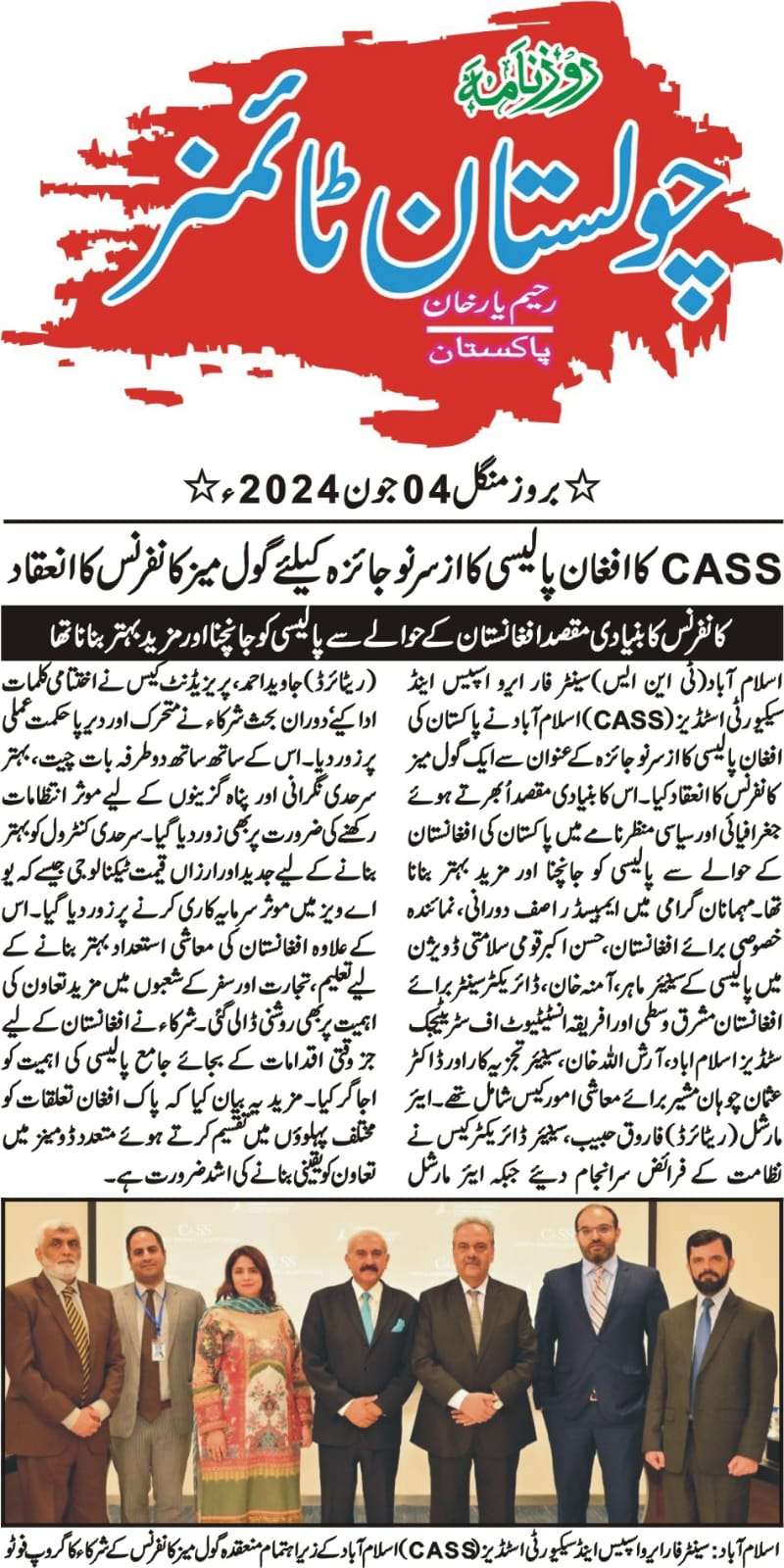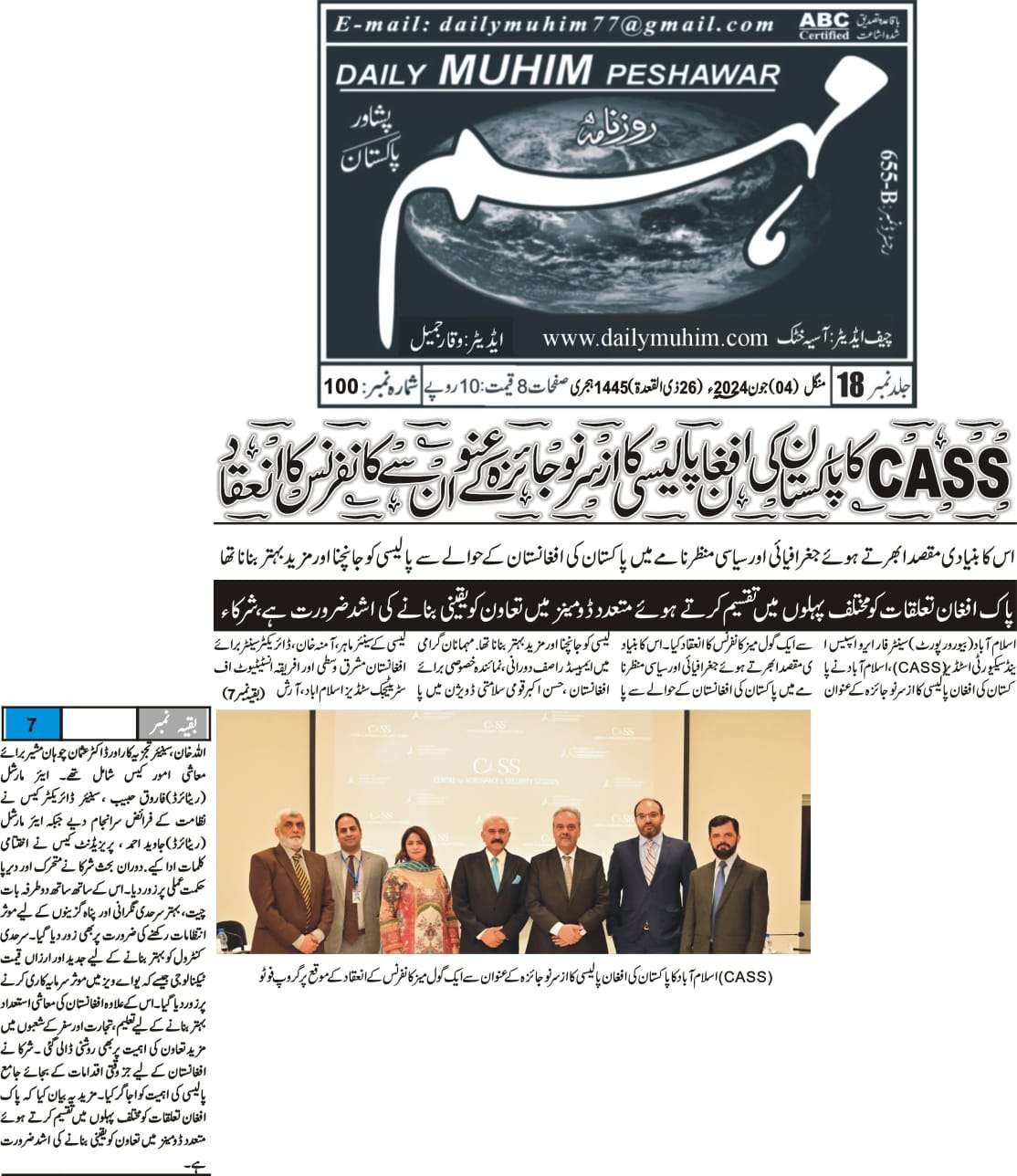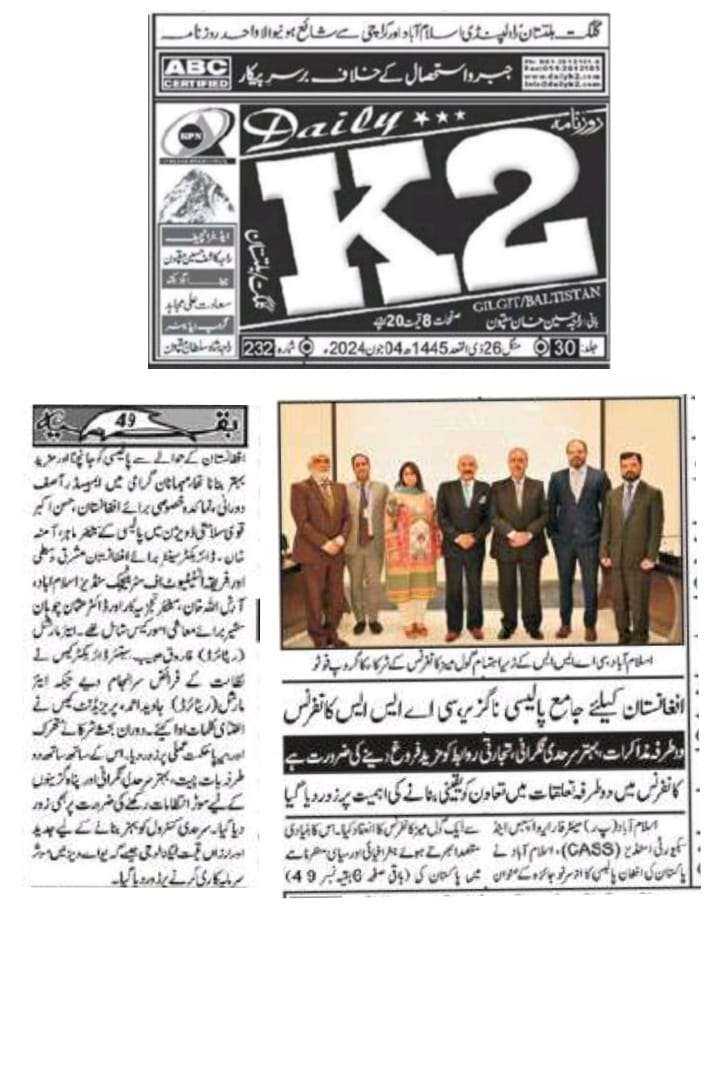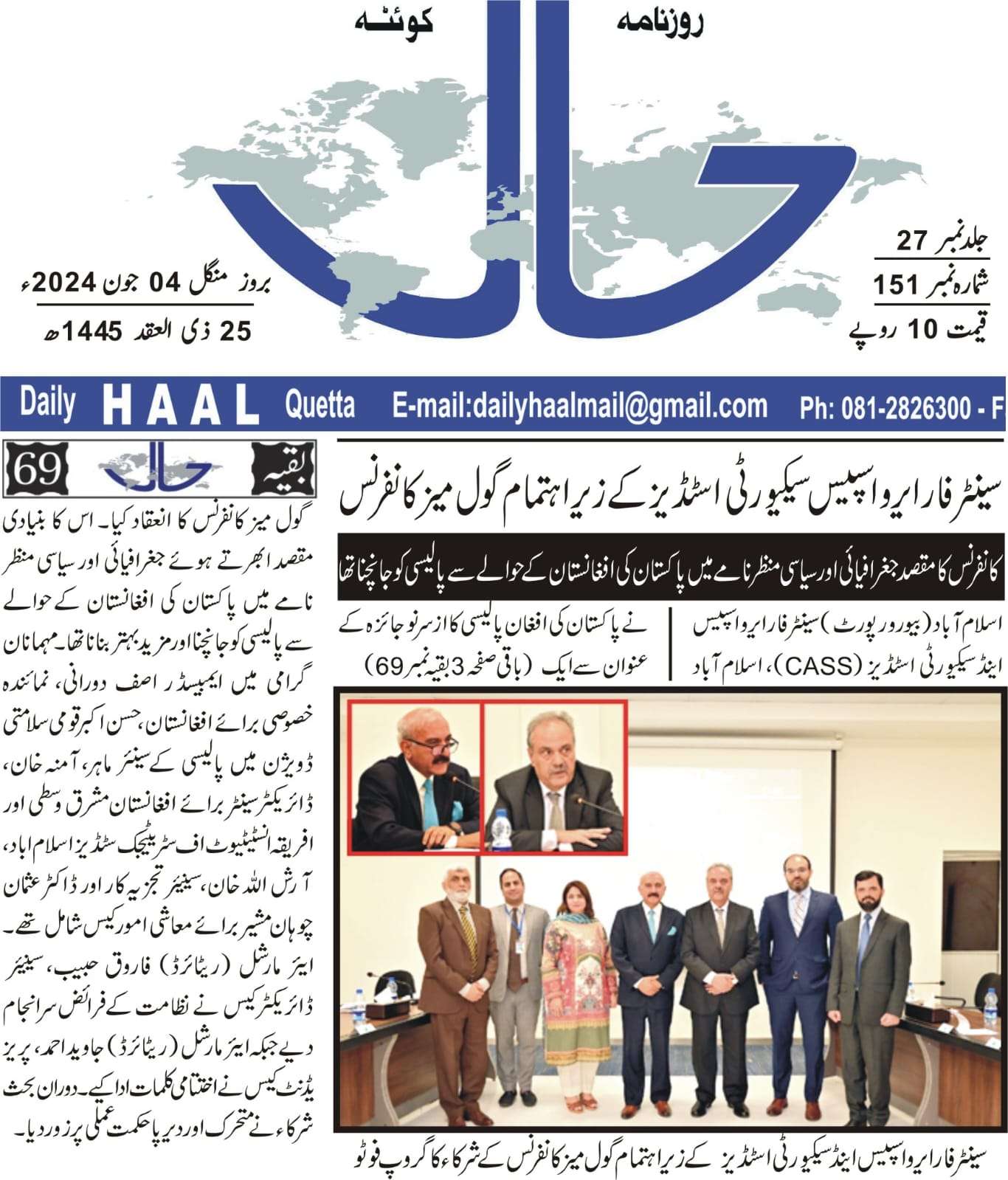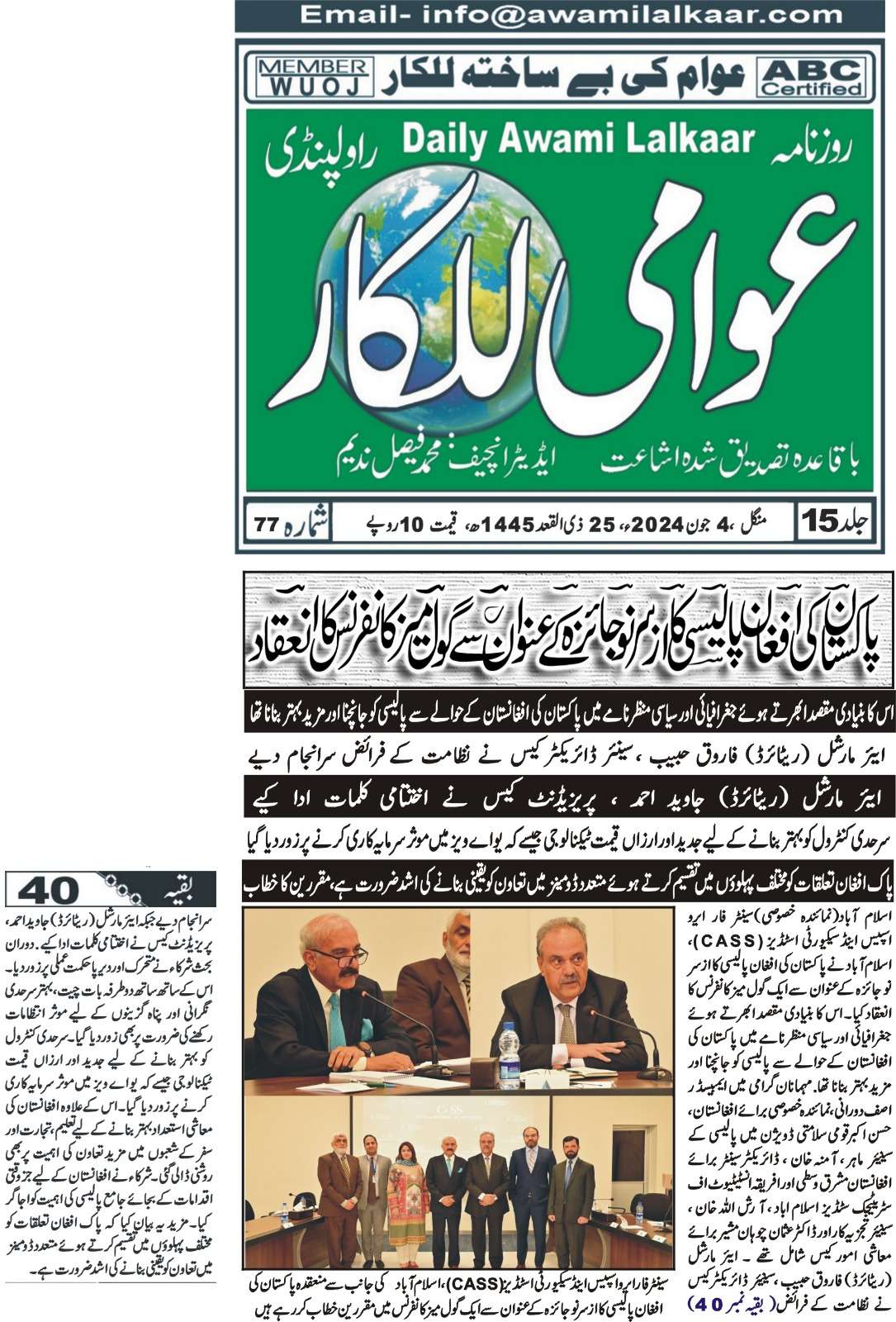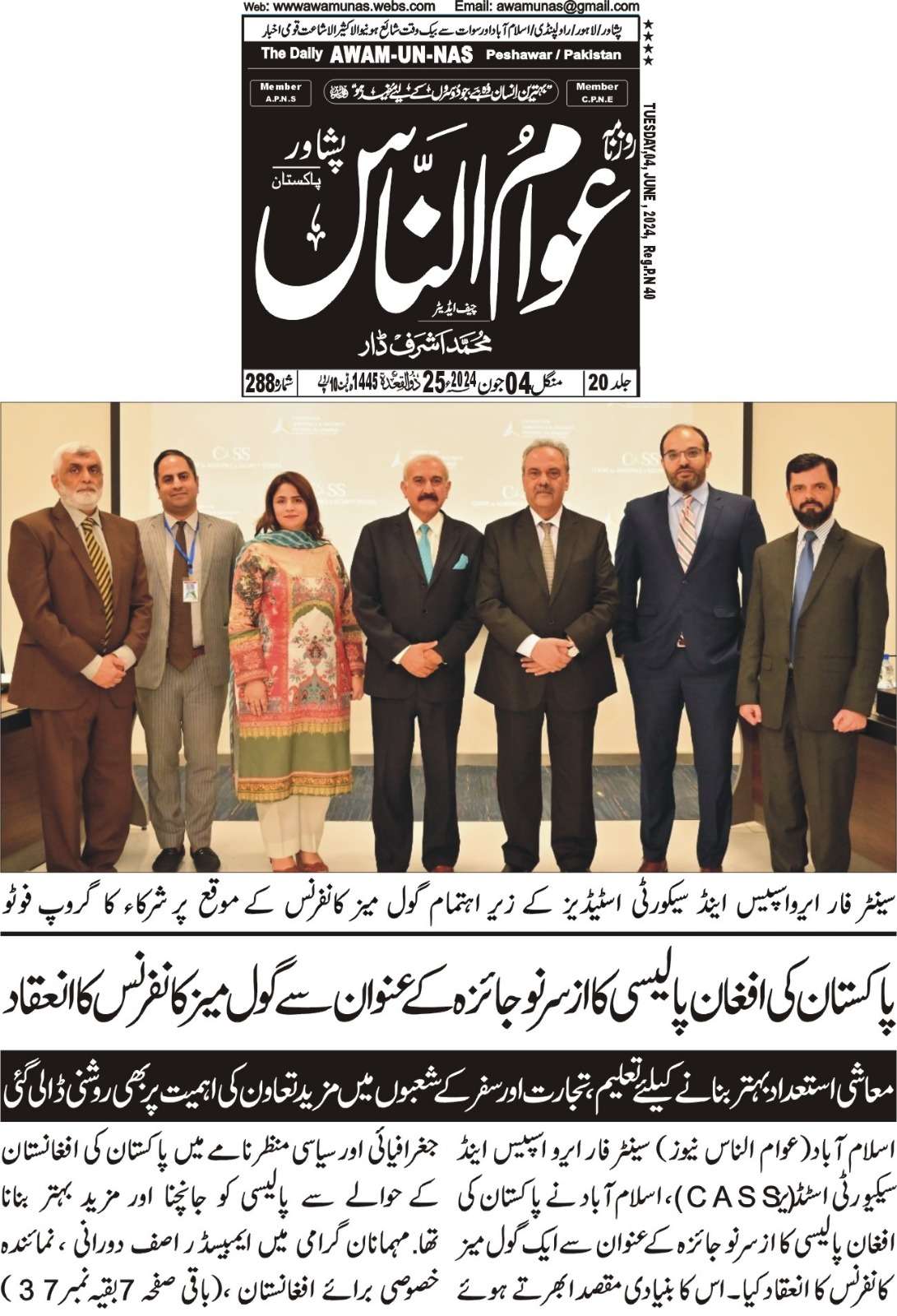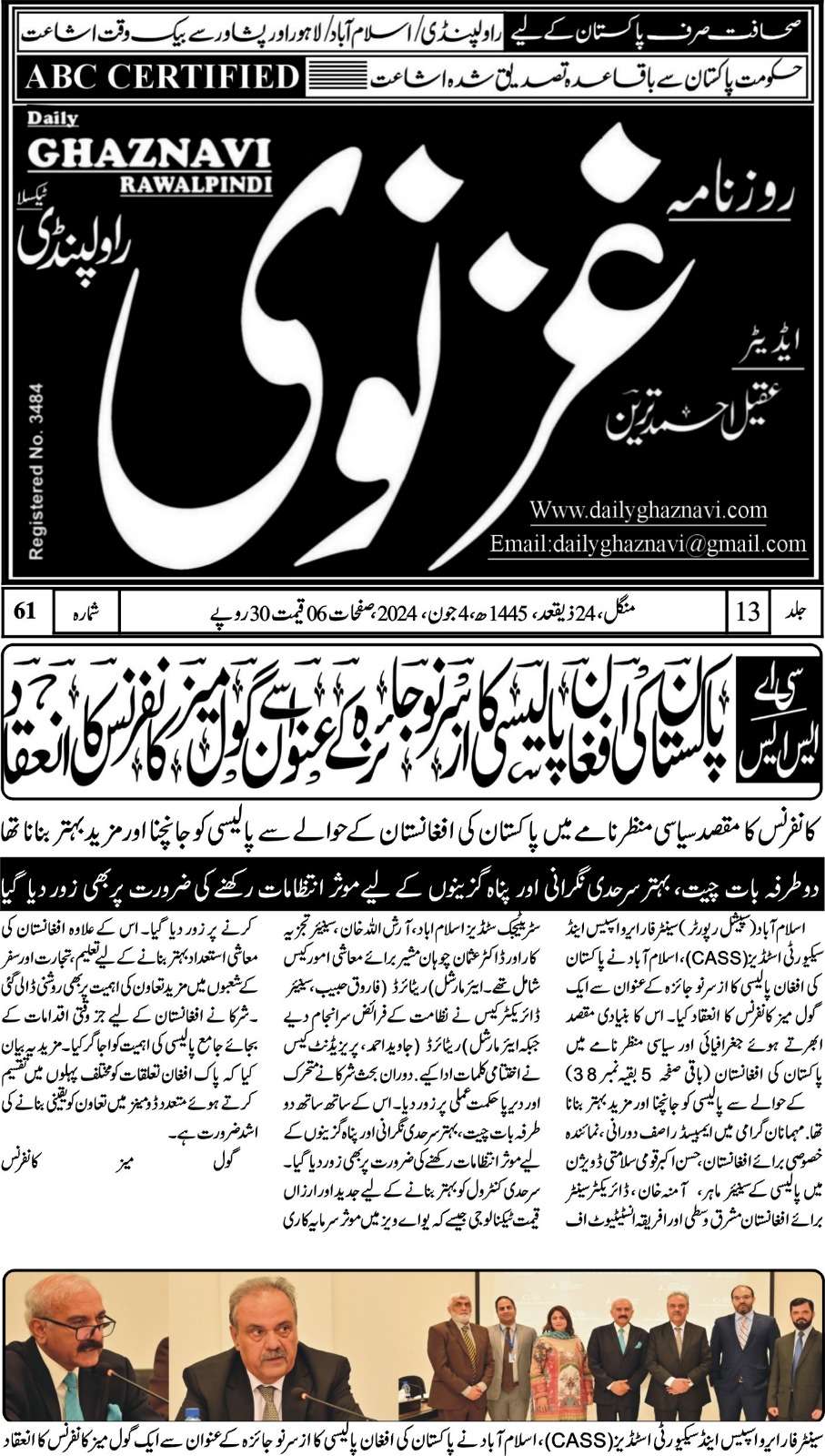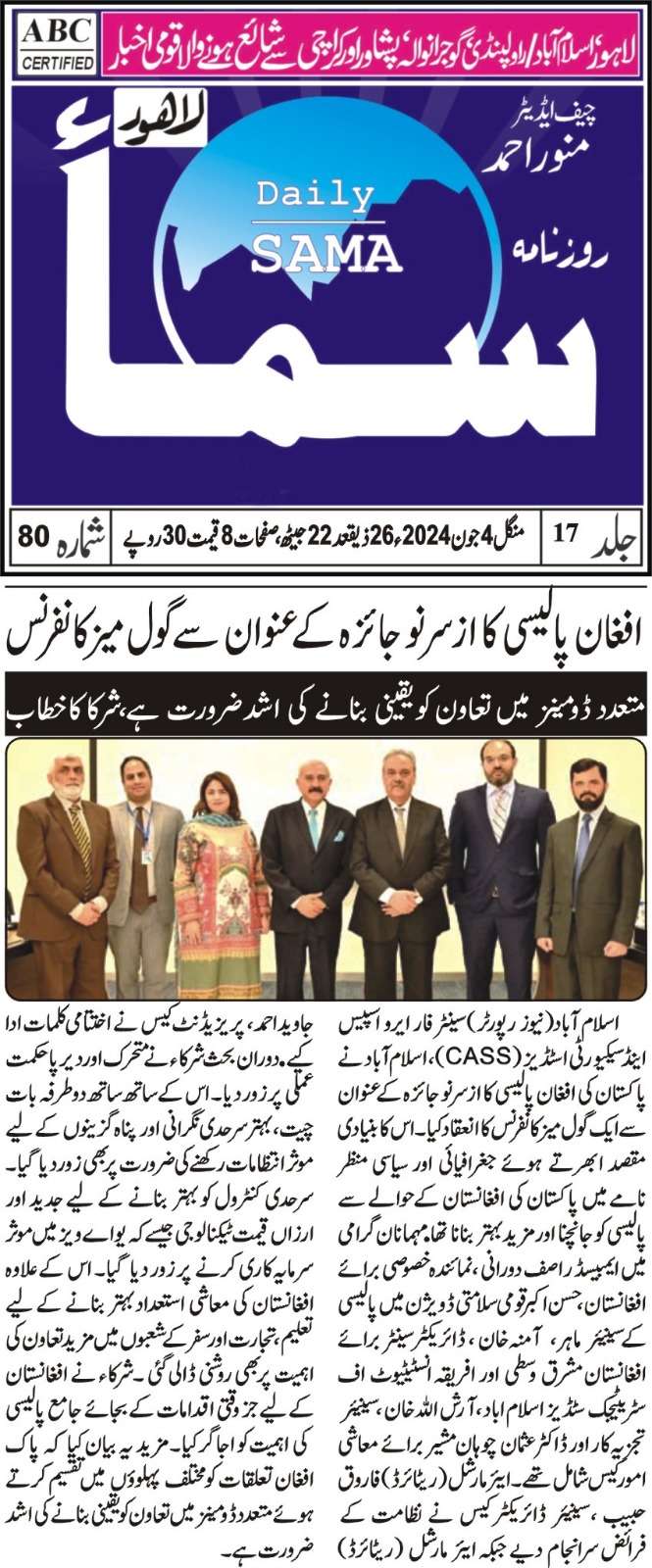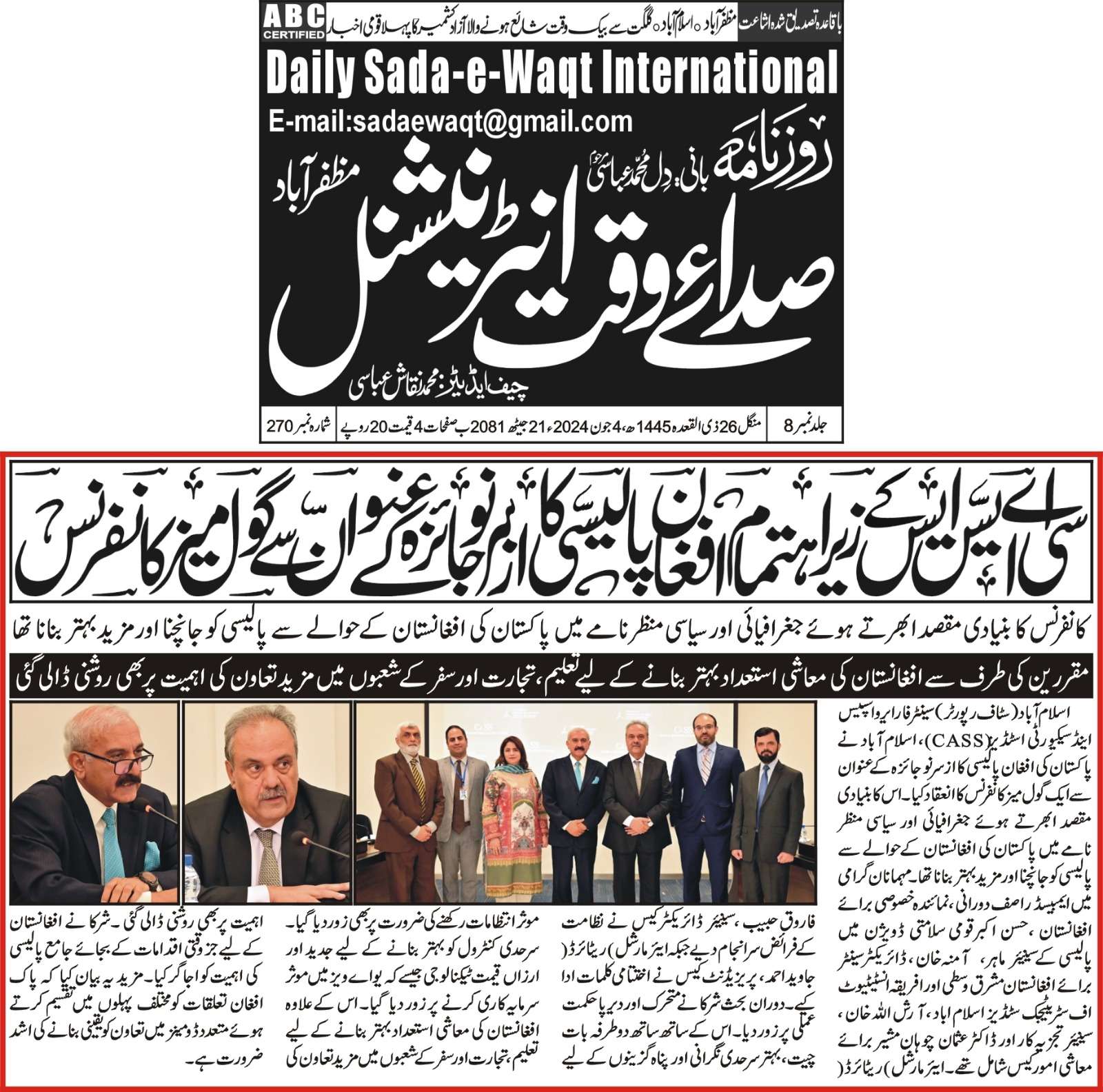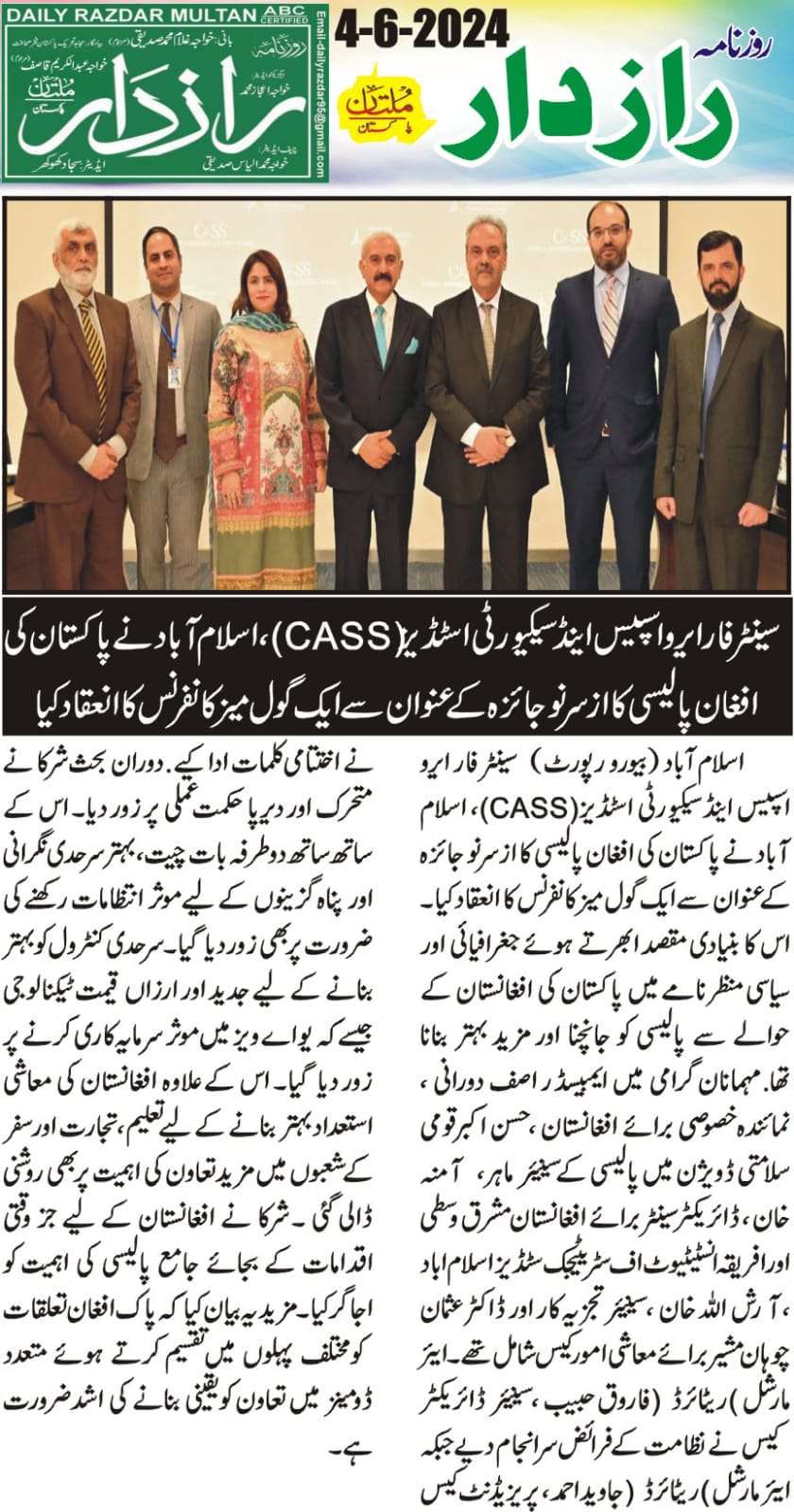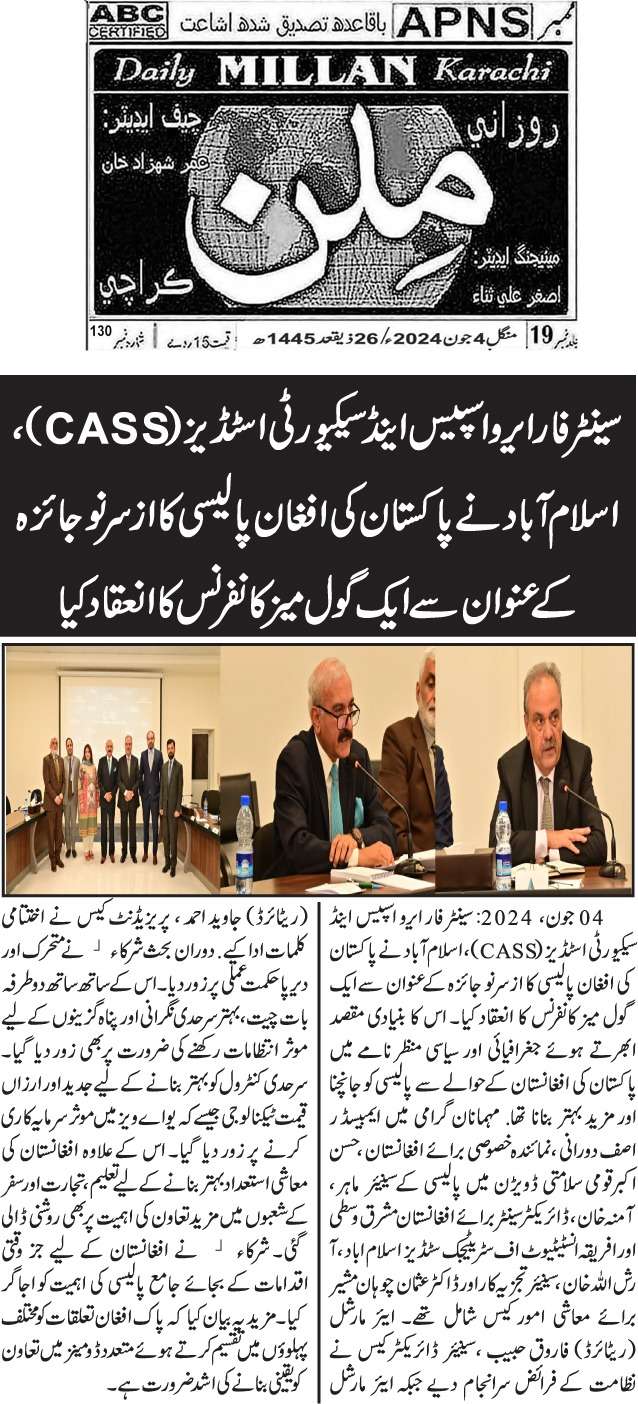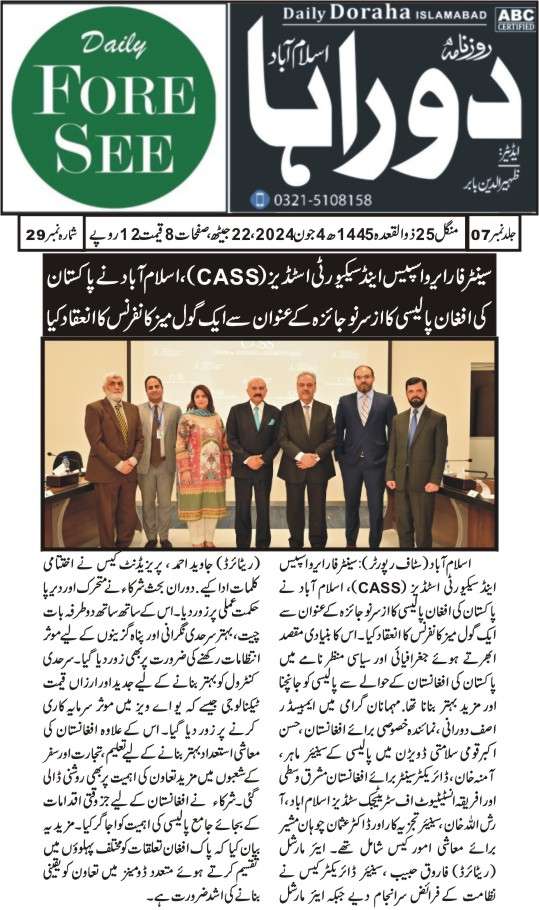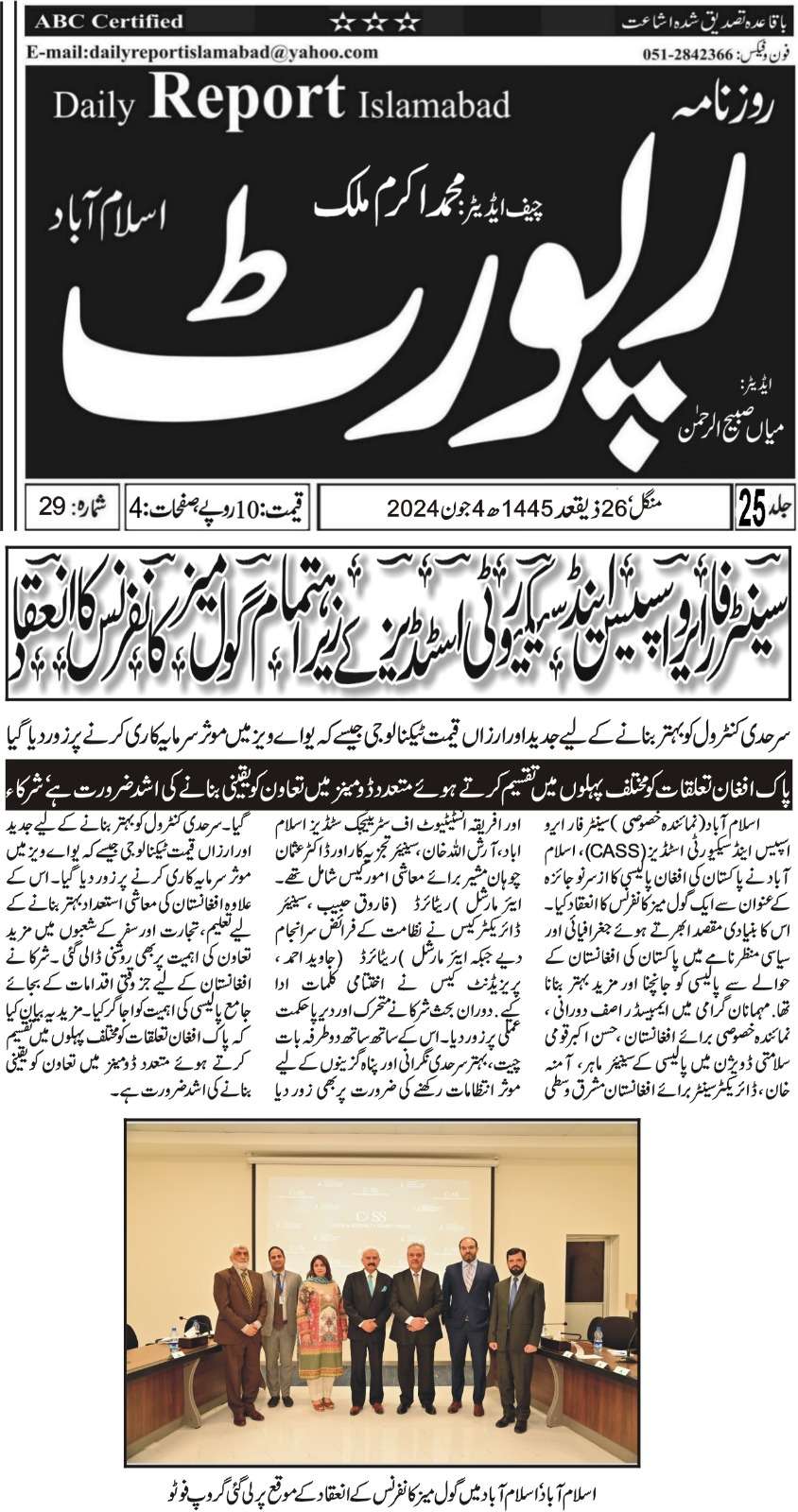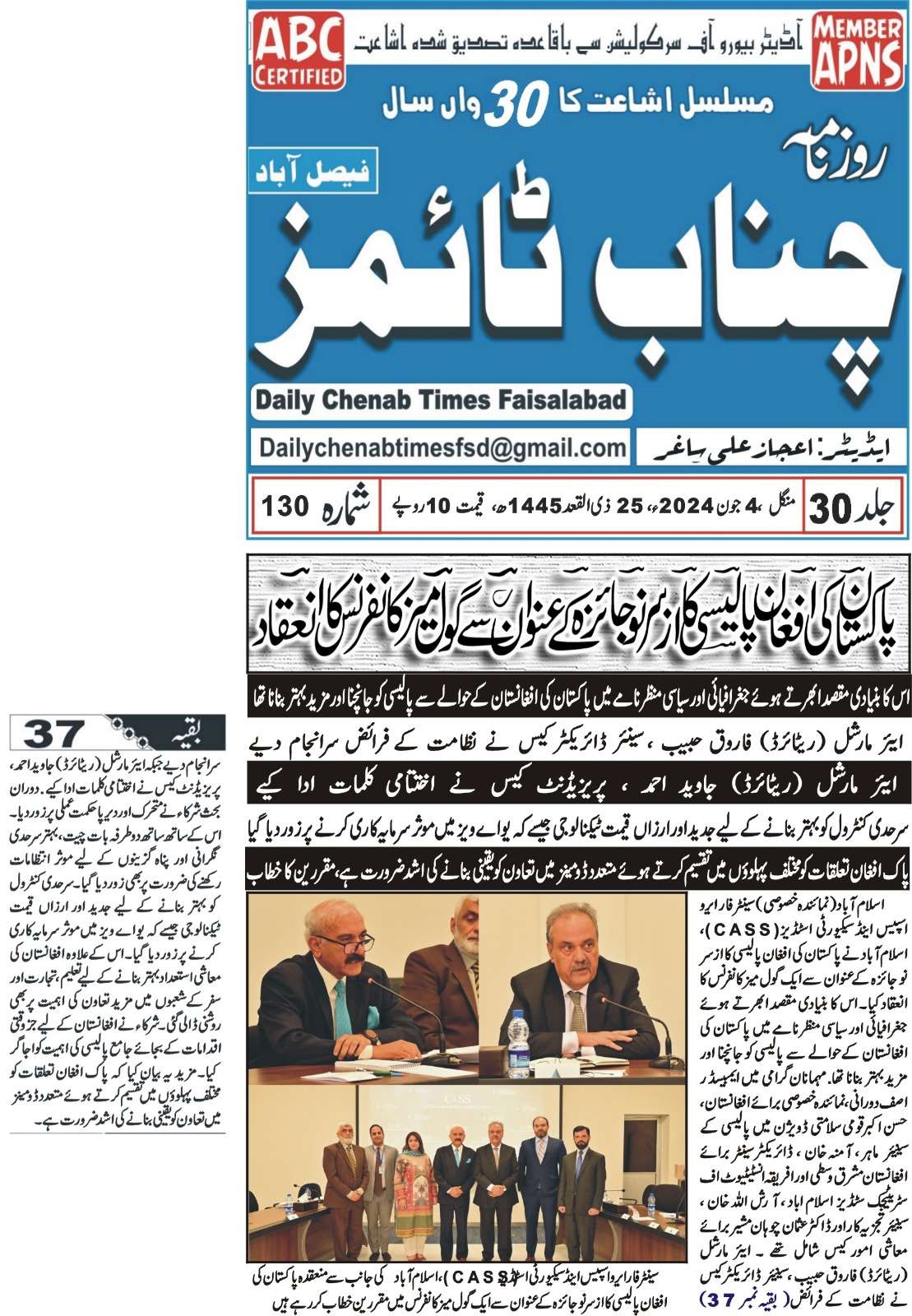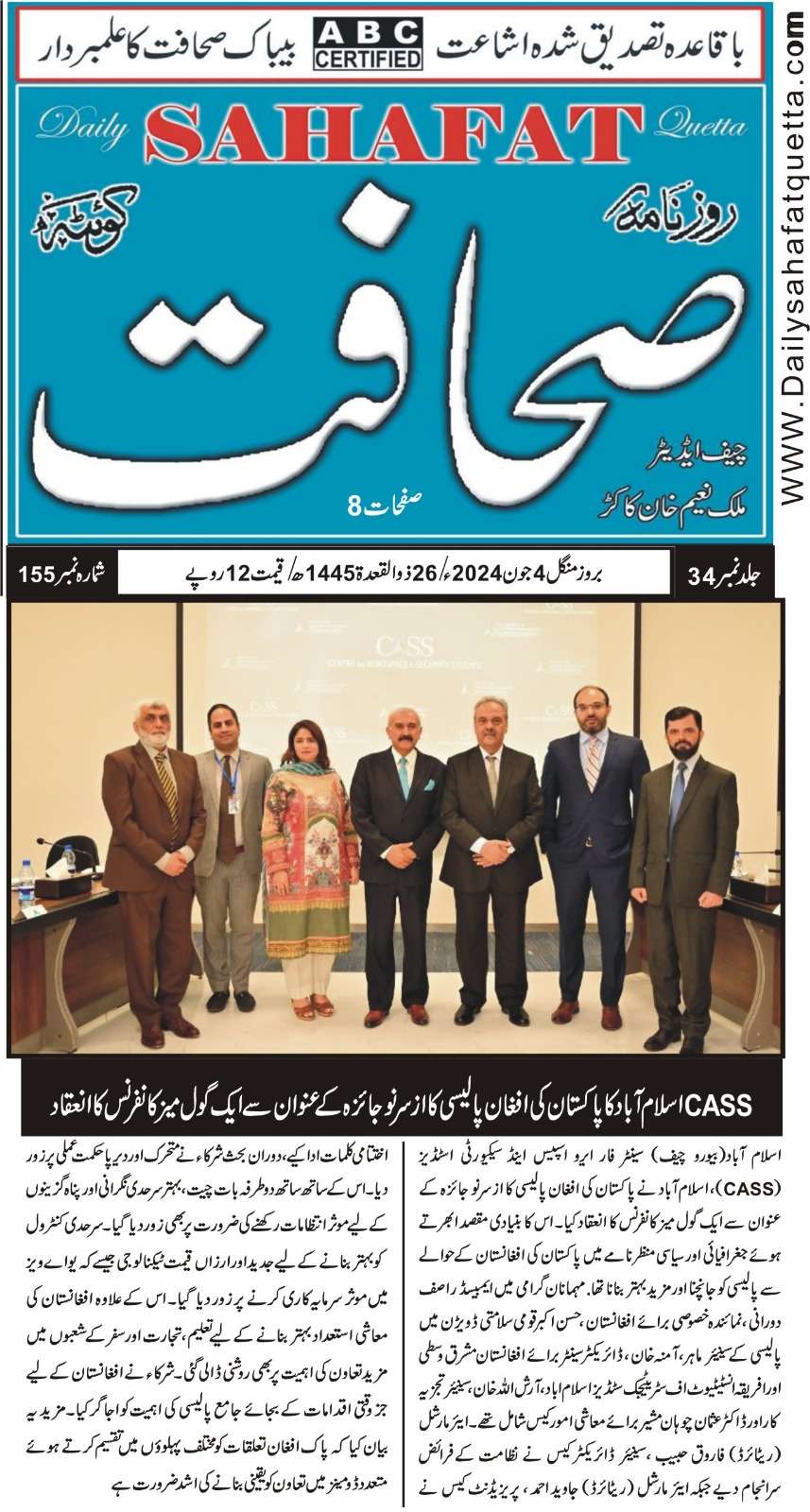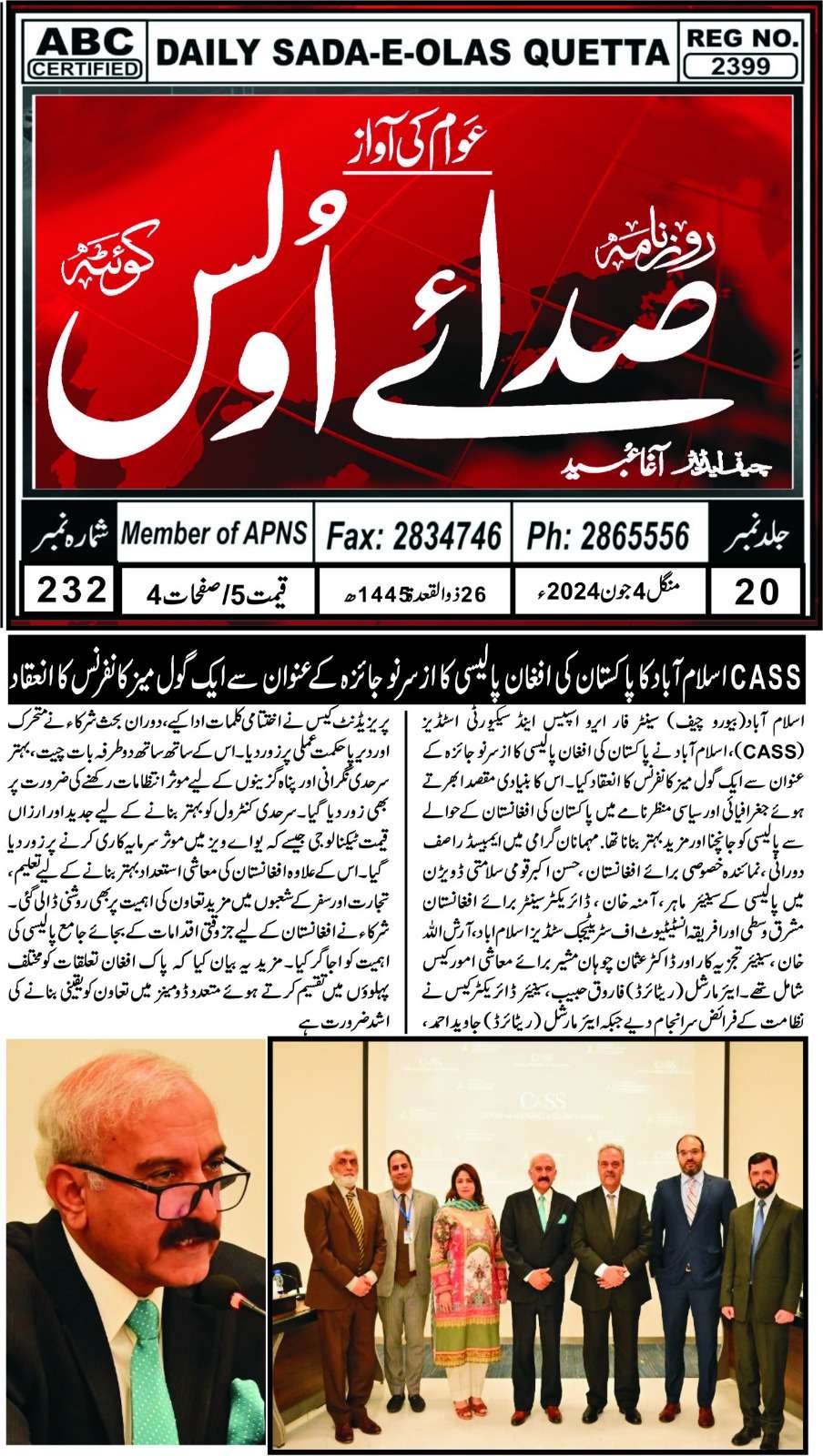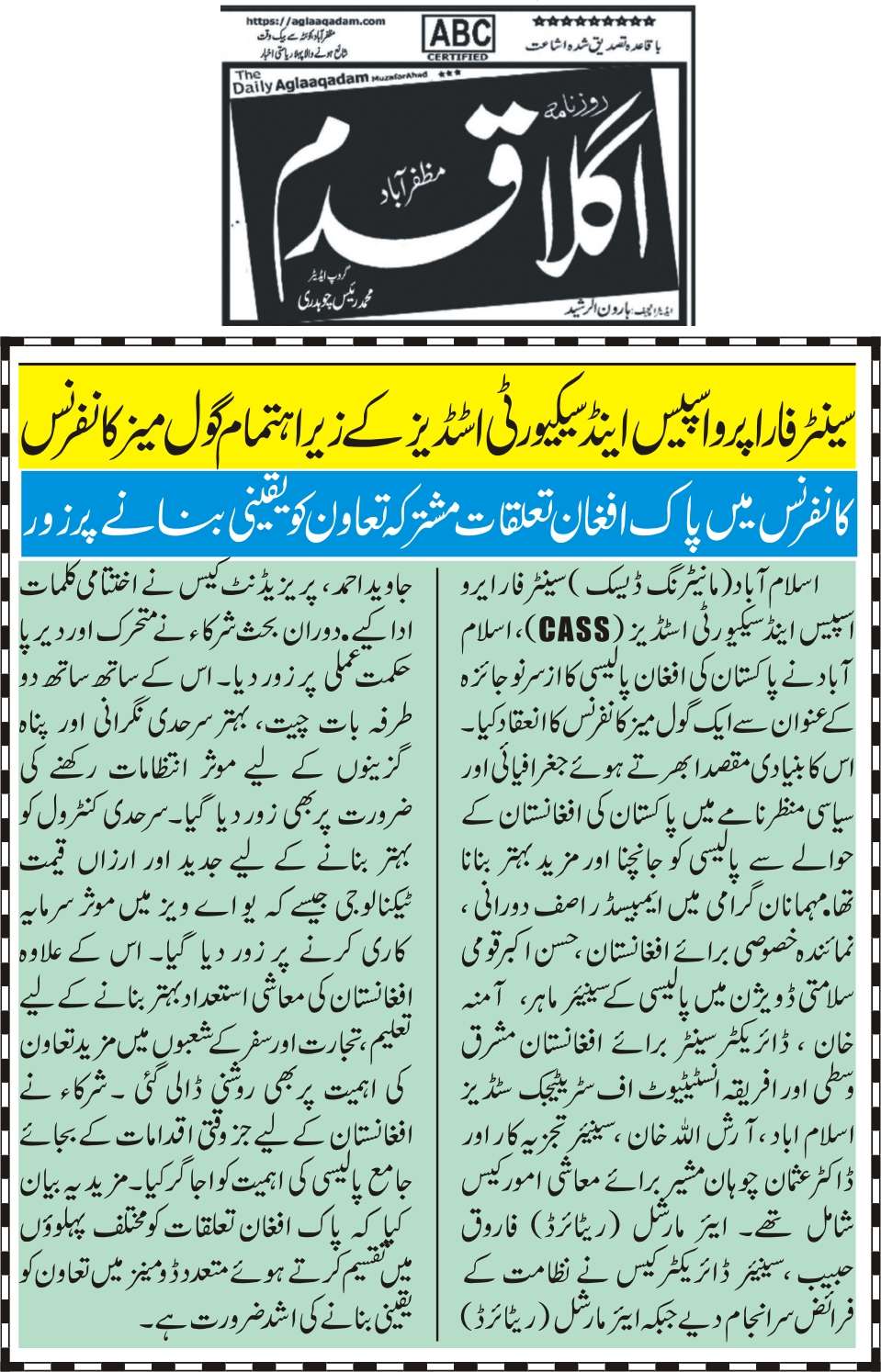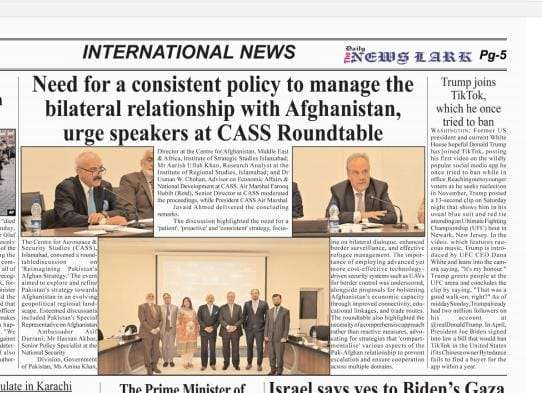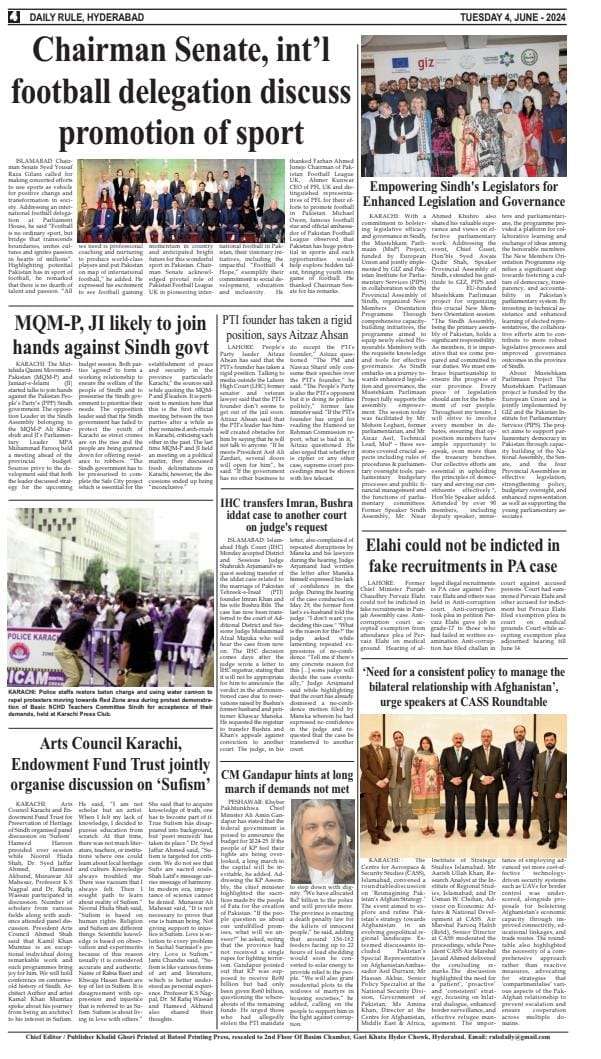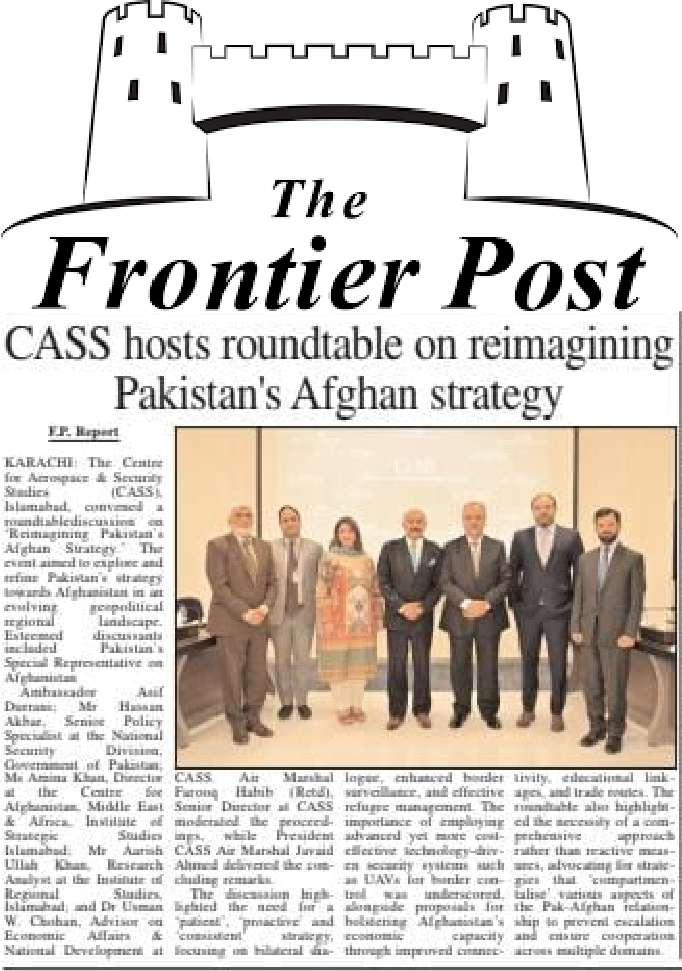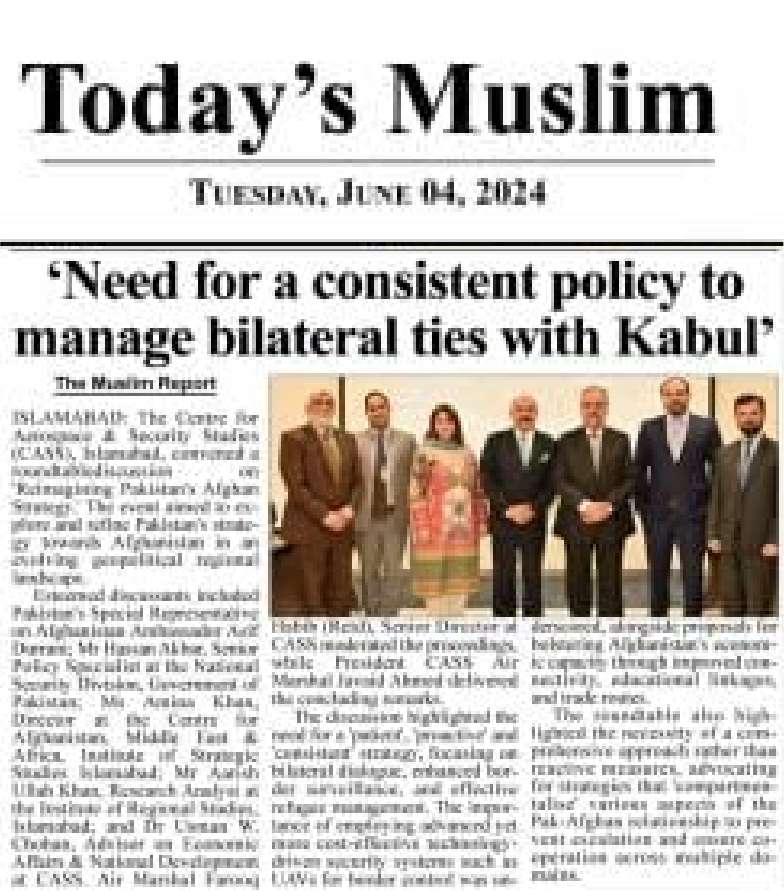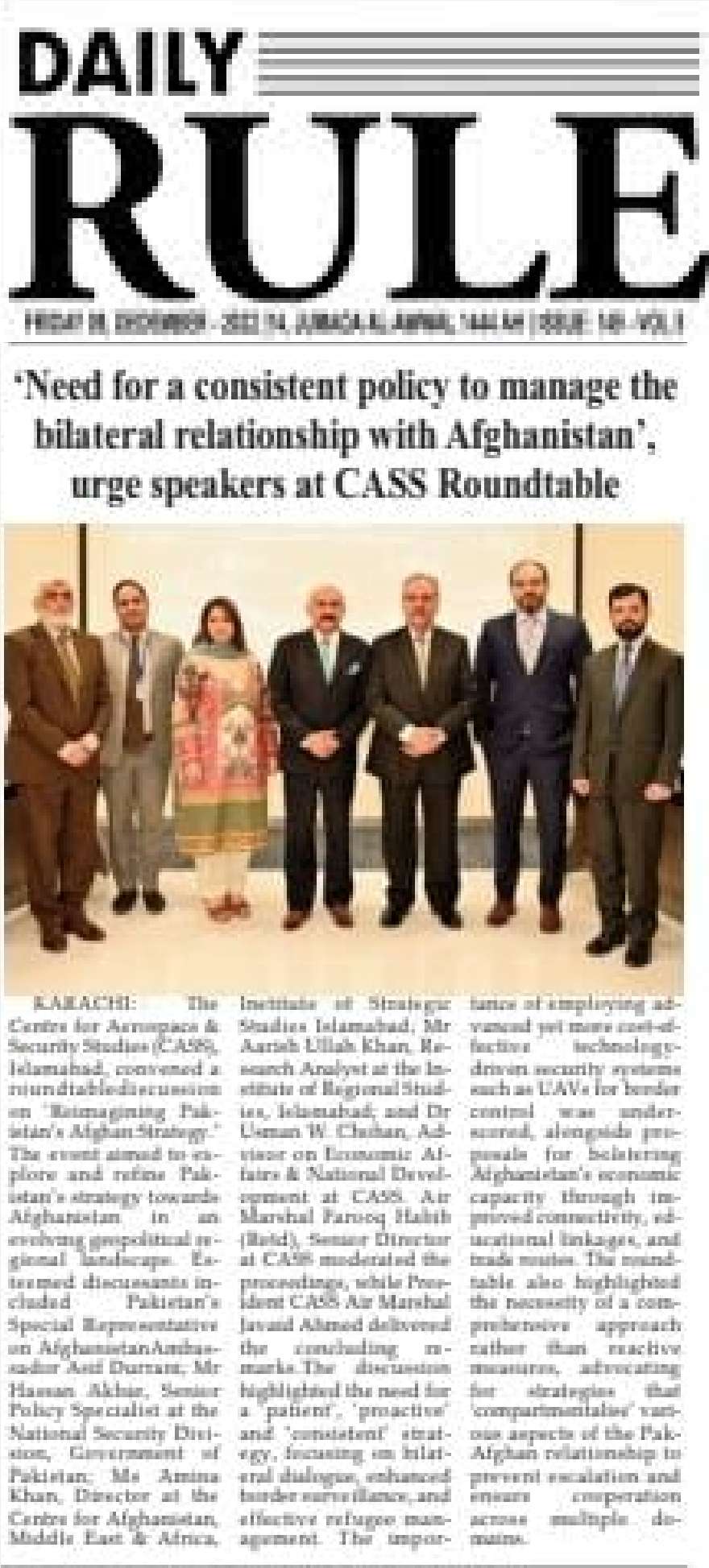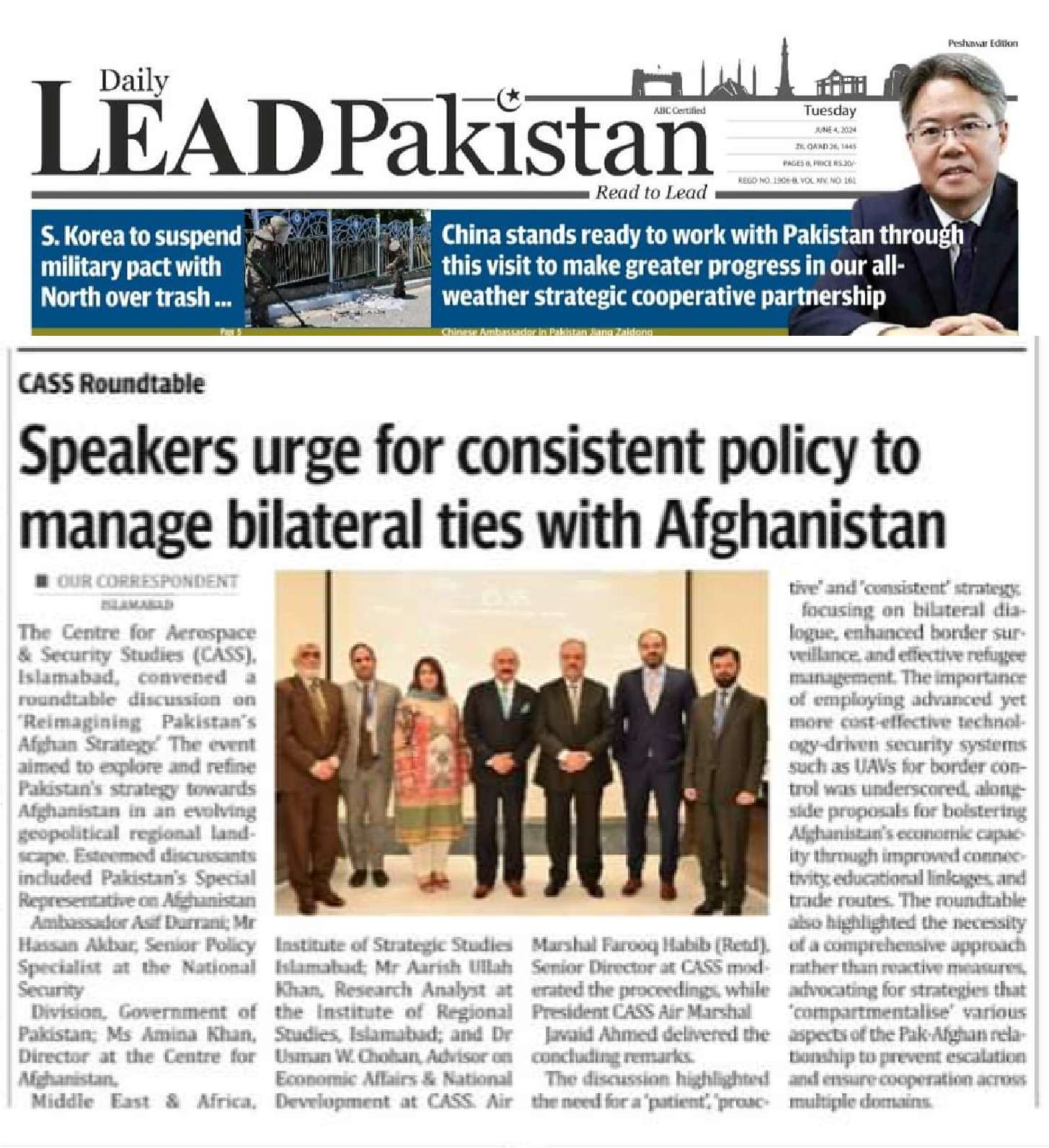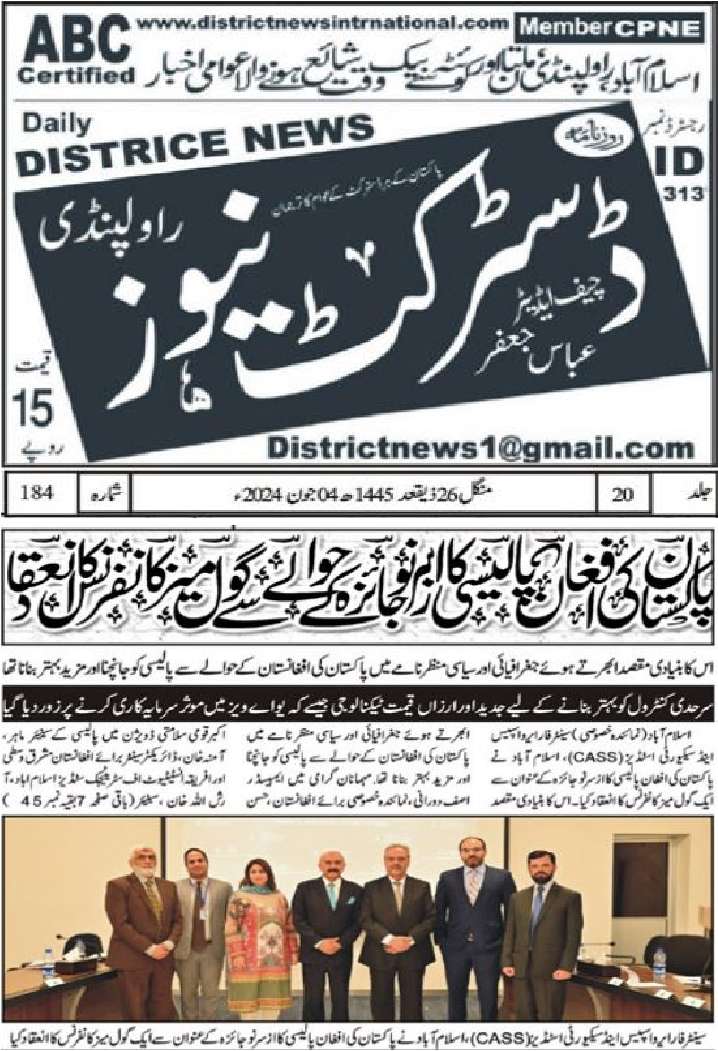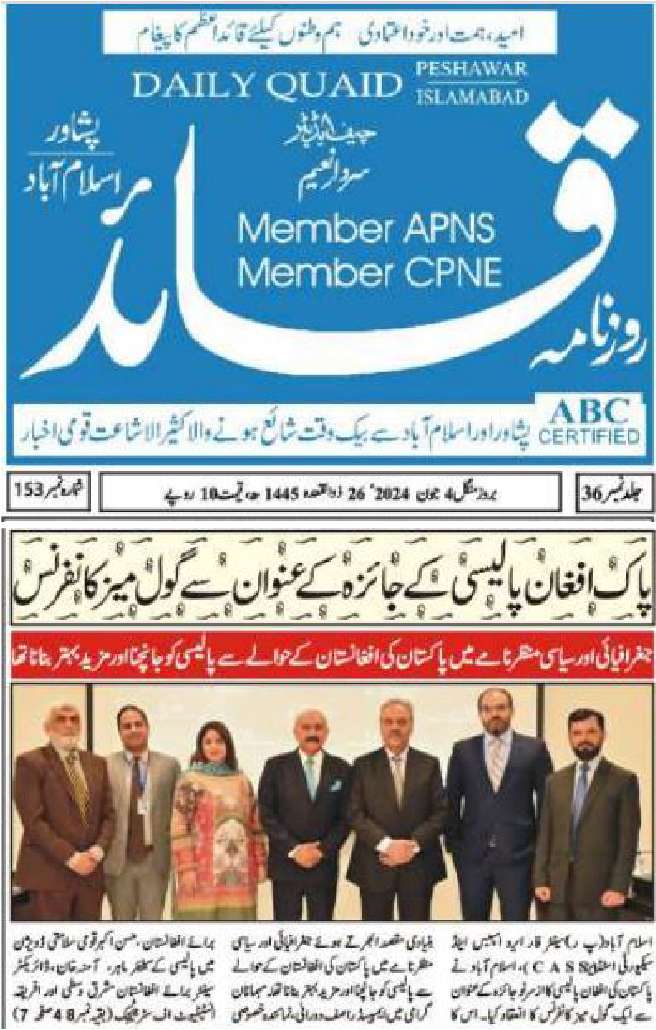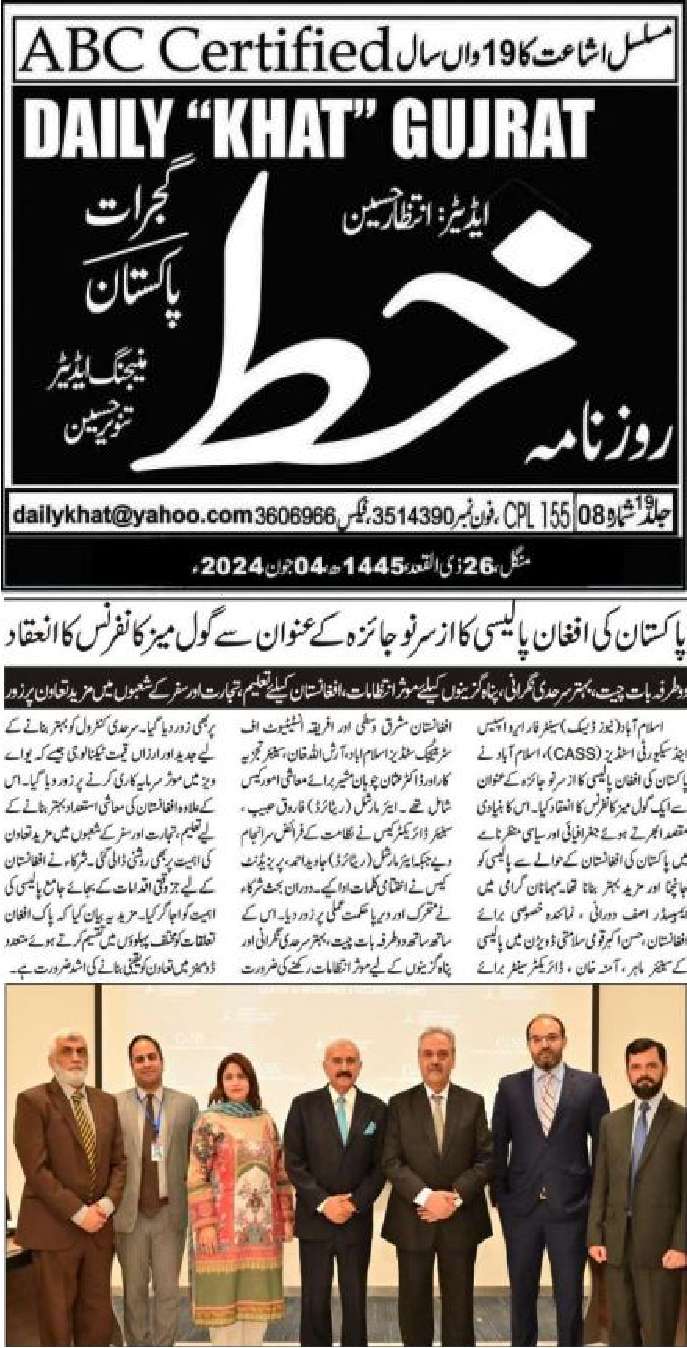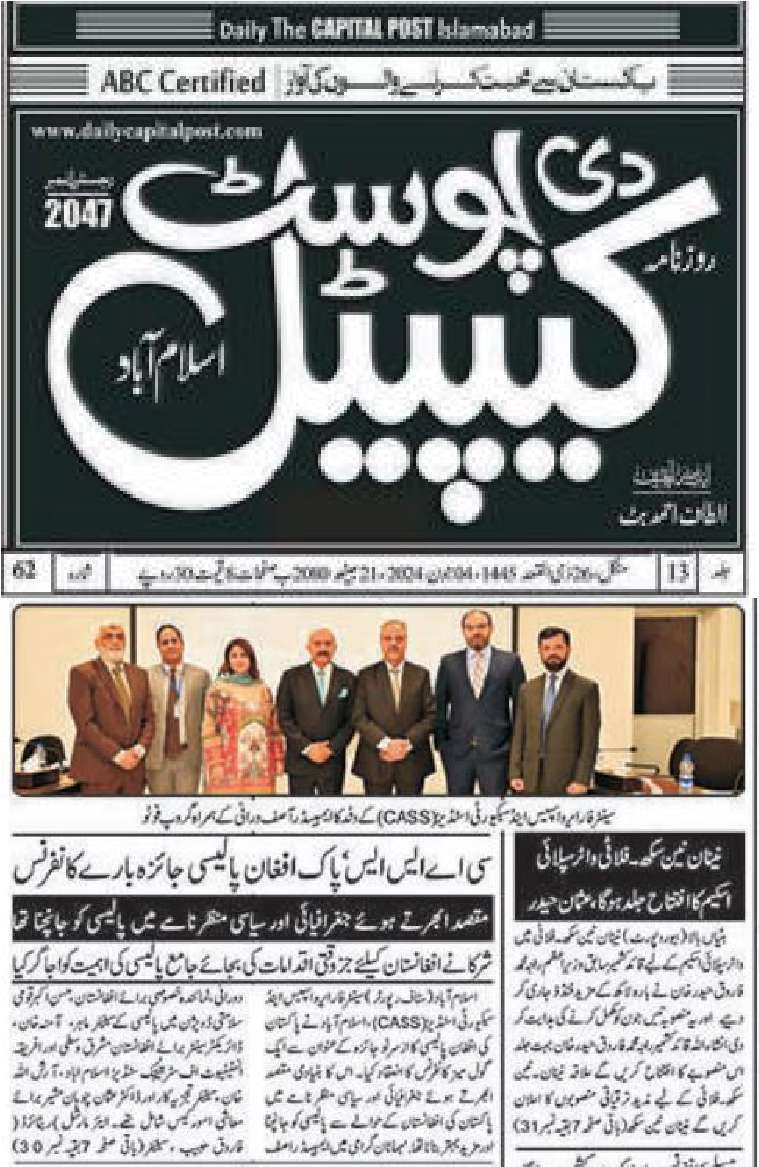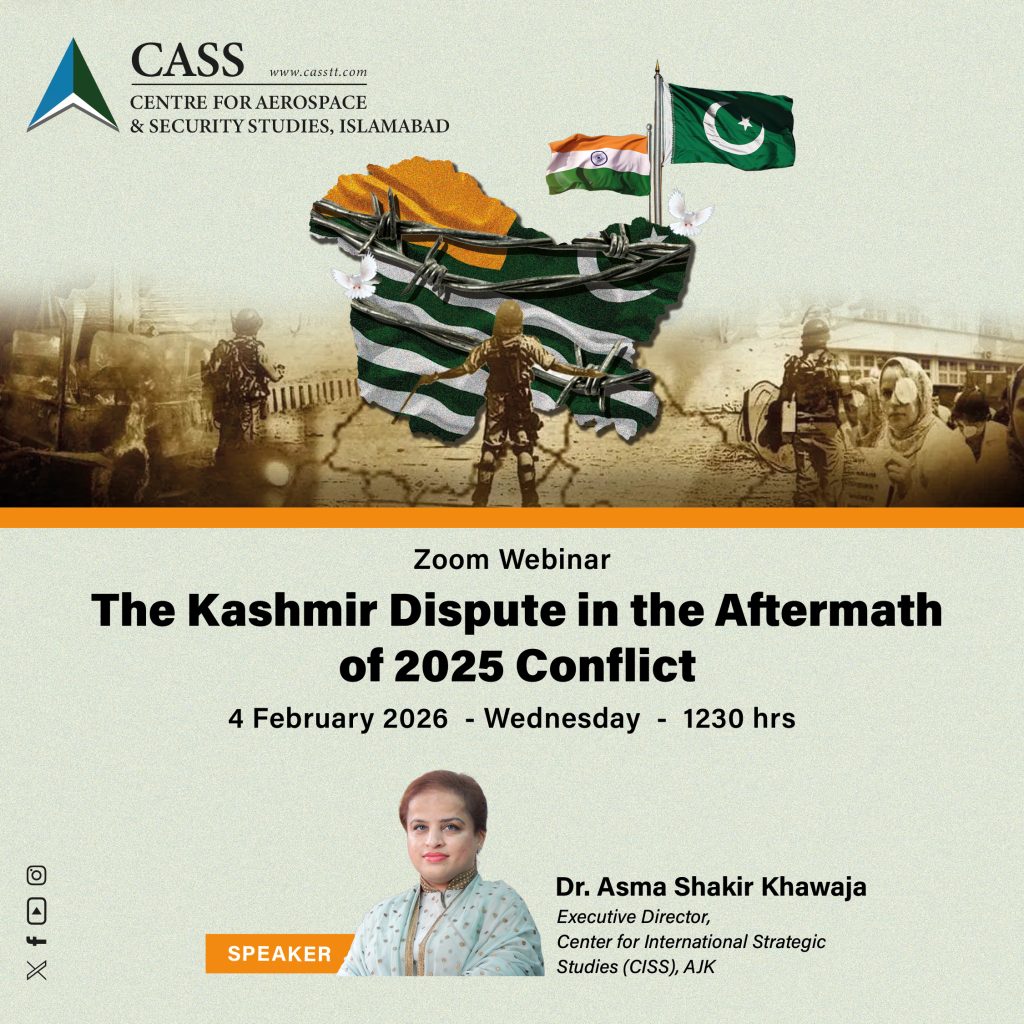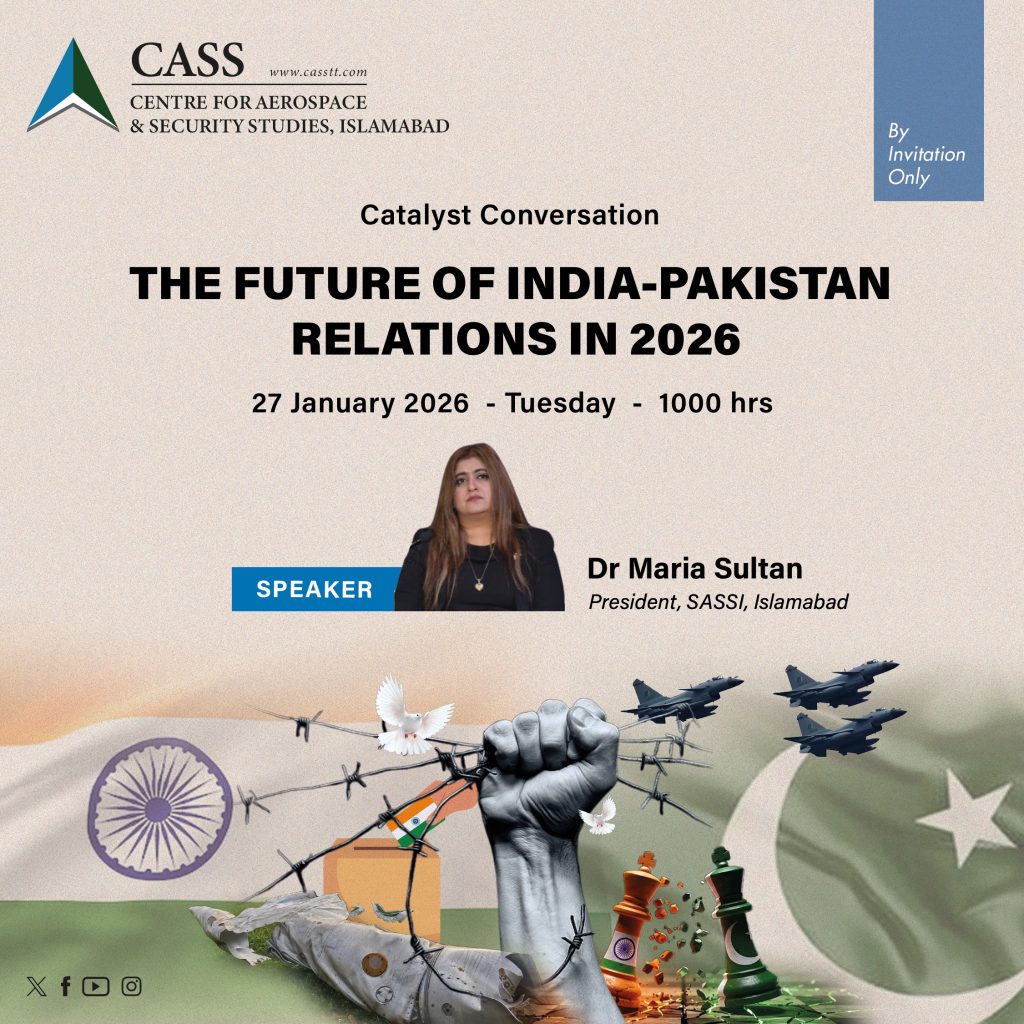The complexity of Pakistan’s relations with Afghanistan has remained unabated over time. After the US withdrawal in August 2022, though, there was an air of optimism about a more settled and peaceful relationship finally replacing the decades old environment of mistrust and simmering tension. The new Taliban regime was generally believed to show more pragmatism and accommodation in forging consensus through an inclusive government, fulfilling their international commitments and paving the way for stability, both at home and in the region.
The optimism, however, soon began to melt away as it was realized that Taliban were less than serious in their assurances given at various bilateral forums as well as in the Doha agreement that Afghan soil will not be used against neighbouring countries. One of the first steps taken by the new regime was to order the release of ‘hundreds of TTP members, who had been imprisoned by U.S. forces and the former Afghan government’. Apparently, the bonhomie between the Afghan Taliban and Tehrik-e-Taliban Pakistan (TTP), carved out of a shared ideology, was too strong and enduring to be discarded for a few verbal and written guarantees. Resultantly, TTP found the much needed safe havens in the country along with a coalescing regime, allowing it to plan terrorist activities in Pakistan with impunity. Pakistan has since been at the receiving end of intensified cross-border attacks by the TTP from across the north western border. The strength of TTP continues to increase through the mergers of small groups and with its growing nexus with Baloch separatists and militant groups.
In March this year, Pakistan launched an ‘intelligence-based anti-terrorist operation in the border region inside Afghanistan against a splinter group of the Pakistani Taliban in retaliation of an attack on a military post in North Waziristan which killed seven soldiers.’ However, the TTP continues to thrive while Pakistan is experiencing a pronounced uptick in terror incidents since the incident.
Besides, the concern of cross-border terrorism, there are various other unresolved issues between the two countries which continue to hamper cordial relations. The presence of large number of Afghan refugees in Pakistan, many of whom are undocumented has created enormous social, economic and security impact which Pakistan still struggles to cope with. While Pakistan had initiated the repatriation of undocumented Afghan refugees, the issue remains a sticking point requiring an early solution. There are also concerns related to Afghan transit trade, negative propaganda against Pakistan and growing Indian ingress specifically aimed at threatening Pakistan’s interest etc. which continue to hamper relations between the two countries.
The present situation does not appear promising with regards to establishment of a long- term peaceful order. Pakistan certainly needs an effective Afghanistan strategy to deal with the conditions which have emerged post-US withdrawal.
With above in view, CASS would be inviting scholars, practitioners and relevant stakeholders to a Roundtable titled ‘Reimagining Pakistan’s Afghan Strategy’ to present their views on significant aspects of Pakistan’s Afghanistan strategy. Our eminent discussants will include:
- Ambassador Asif Durrani, Pakistan’s Special Representative on Afghanistan
- Hassan Akbar, Senior Policy Specialist, National Security Division, Government of Pakistan
- Amina Khan, Director Centre for Afghanistan, Middle East & Africa, Institute of Strategic Studies Islamabad
- Aarish Ullah Khan, Research Analyst, Institute of Regional Studies, Islamabad
- Dr Usman W. Chohan, Advisor Economic Affairs & National Development, Centre for Aerospace & Security Studies
Press Release
News Coverage
Newpaper Links
